![]()
By Gypsy Blue Rose


| Author Notes |
Tanka is a Japanese unrhymed poem having about 12 to 31 syllables usually arranged in five lines. The syllable count is 31 syllables OR LESS. The first English poets who wrote tanka imitated the Japanese models of a 5-7-5-7-7 syllabic structure resulting in Tanka poems that were too long compared to Japanese tanka because Japanese syllables are shorter than English syllables. The third line transitions from the descriptive and image-focused beginning lines into a reflective metaphor, simile, or personification for the closing lines. The subject matter varies, but most tanka are emotionally stirring or profound, and many are about love.
click here if you want to read modern tanka examples click here to read tanka society of America information click here if you want to read more modern tanka information Thank you very much for your time and kind review. Gypsy "The poet waits quietly to paint the unsaid. pictures from pinterest |
![]()
By Gypsy Blue Rose

silver Asian carp
dream to live out of the sea
leaving their shadows behind
dare to be different
jump over the dragon's gate
aim to reach the golden shores
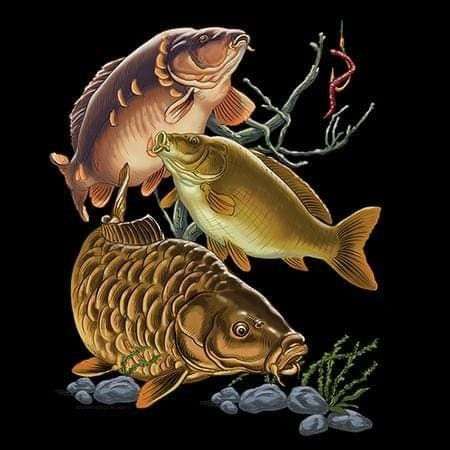
| Author Notes |
sedoka is a Japanese poetic form 5/7/7 5/7/7
Thank you for reading my poem, Gypsy |
![]()
By Gypsy Blue Rose

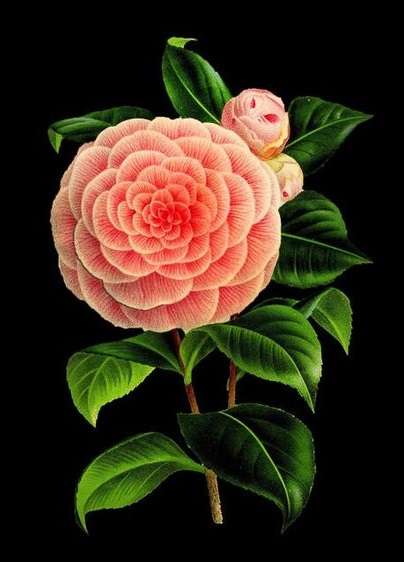
| Author Notes |
- Stage Right and Stage Left always refer to the performer's perspective when standing on the stage.
- Prima donna = female opera singer; diva - Full flower moon happens in May click here if you want to see the full list of Native American full moons - Why do crickets chirp? They chirp for the sake of love. Male crickets employ their melodies to communicate their presence and attract the attention of their potential mates. BUSSO (Bussokusekika) is an old rare form of Japanese poetry comprising six lines written in a 5-7-5-7-7-7 syllables pattern. It was created in the 8th century and was written from 710 to 1185. They are usually written about religion or philosophical beliefs but contemporary Busso can be any subject. source Thank you very much for taking the time to read and review my poem. Gypsy "The poet waits quietly to paint the unsaid." Atticus |
![]()
By Gypsy Blue Rose


| Author Notes |
farmers burn their fields or pastures to encourage re-growth
Gogyohka is a five-line free-style Japanese poetic form with no strict rules on syllable count but as brief as possible. Any theme. Lines are grammatically connected. Alliteration, personification, and metaphor are okay but never rhyme. Japanese poets have written gogyohka since the 1910s. However, they did not name the form until 1983 by poet Enta Kusakabe. === source = writers digest ===source=wikipedia Thank you for taking the time to read and review my poem. Gypsy "Poetry heals the wounds inflicted by reason." - Novalis pictures from pinterest |
![]()
By Gypsy Blue Rose

shooting star
wanders across
the royal blue sky—
queen of the night’s cup
full of wishes

| Author Notes |
If you see a shooting star, make a wish. Many shooting stars are a meteor shower.
Gogyohka is a five-line free-style Japanese poetic form with no strict rules on syllable count but as brief as possible. Any theme. Lines are grammatically connected. Alliteration, personification, and metaphor are okay but never rhyme. Japanese poets have written gogyohka since the 1910s. However, they did not name the form until 1983 by poet Enta Kusakabe. === source = writers digest ===source=wikipedia Thank you for taking the time to read and review my poem. Gypsy "Poetry heals the wounds inflicted by reason." - Novalis pictures from pinterest |
![]()
By Gypsy Blue Rose


| Author Notes |
Gogyohka is a five-line free-style Japanese poetic form with no strict rules on syllable count but as brief as possible. Any theme. Lines are grammatically connected. Alliteration, personification, and metaphor are okay but never rhyme. Japanese poets have written gogyohka since the 1910s. However, they did not name the form until 1983 by poet Enta Kusakabe. === source = writers digest ===source=wikipedia
Thank you for taking the time to read and review my poem. Gypsy "Poetry heals the wounds inflicted by reason." - Novalis pictures from pinterest |
![]()
By Gypsy Blue Rose

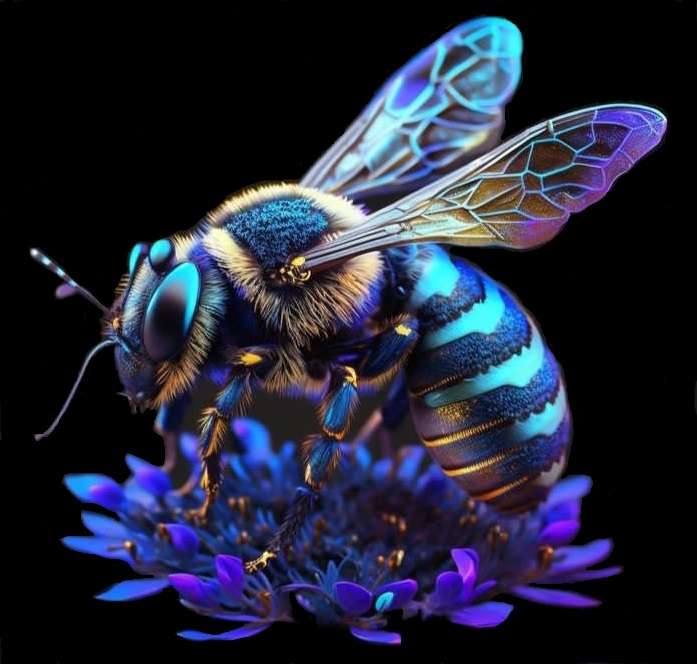
| Author Notes |
Karen Cherry Threadgill asked me about the Fibonacci poetic form and that inspired me to write one. It's 'line and syllable' based like haiku.
The Fibonacci poem form is composed of six lines and 20 syllables. The number of syllables in each line of the poem is the sum of the previous two lines: 1, 1, 2, 3, 5, 8 The constrained form makes you very conscious of word choice, like with haiku. Fibonacci poetry is not new, it has been around in one form or another for centuries. Gregory K. Pincus made it popular in 2006. Pincus came up with Fibs while pondering a haiku writing exercise. I write the numbers next to the lines first and when the poem is done, I delete the numbers. Example 1 bees 1 make 2 honey 3 to store up 5 food for the winter 8 when sweet flowers rest until spring click here to read more Thank you for reading my poem, Gypsy pictures from pinterest |
![]()
By Gypsy Blue Rose

mother-hips are made
to carry little bundles of love
while making dinner,
buying groceries at the store,
or walking at the shore … and more
dads have big shoulders
to carry toddlers here and there
they are great
but not as much fun
as mother-hips

| Author Notes |
Gogyohka is a five-line free-style Japanese poetic form with no strict rules on syllable count but as brief as possible. Any theme. Lines are grammatically connected. Alliteration, personification, and metaphor are fine. Japanese poets have written gogyohka since the 1910s. However, they did not name the form until 1983 by poet Enta Kusakabe. === source = writers digest ===source=wikipedia
Thank you for taking the time to read and review my poem. Gypsy "Poetry heals the wounds inflicted by reason." - Novalis pictures from pinterest |
![]()
By Gypsy Blue Rose

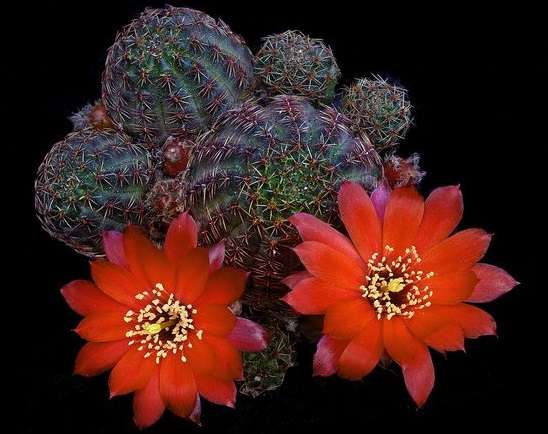
| Author Notes |
Gogyohka is a five-line free-style Japanese poetic form with no strict rules on syllable count but as brief as possible. Any theme. Lines are grammatically connected. Alliteration, personification, and metaphor are okay but never rhyme. Japanese poets have written gogyohka since the 1910s. However, they did not name the form until 1983 by poet Enta Kusakabe. === source = writers digest ===source=wikipedia
Thank you for taking the time to read and review my poem. Gypsy "Poetry heals the wounds inflicted by reason." - Novalis pictures from pinterest |
![]()
By Gypsy Blue Rose

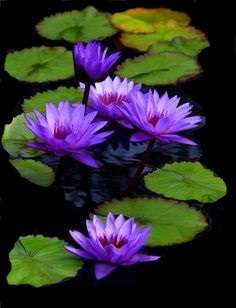
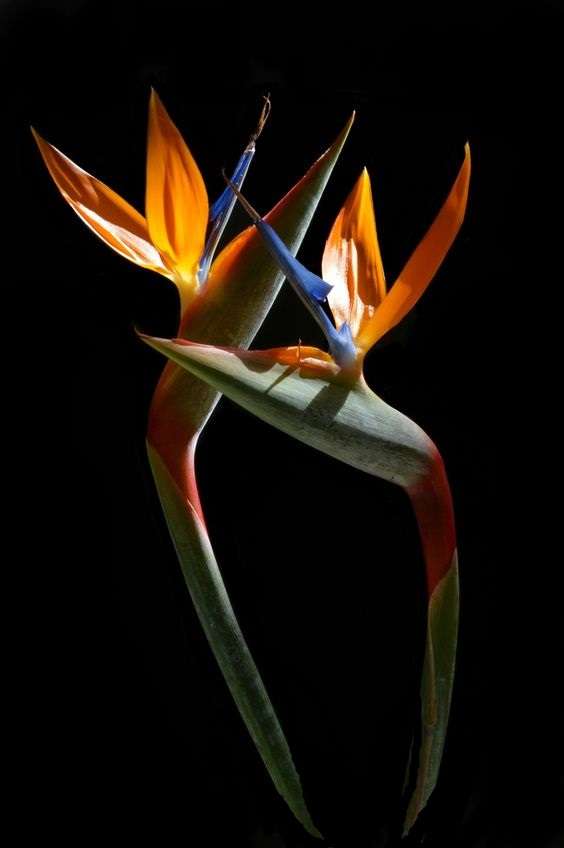
| Author Notes |
Birds of paradise, adam and eve, and water Lilies are all flowers.
Gogyohka is a five-line free-style Japanese poetic form with no strict rules on syllable count but as brief as possible. Any theme. Lines are grammatically connected. Alliteration, personification, and metaphor are okay but never rhyme. Japanese poets have written gogyohka since the 1910s. However, they did not name the form until 1983 by poet Enta Kusakabe. === source = writers digest ===source=wikipedia Top picture: Water Lilies oil paintings by French Impressionist Claude Monet (1840�???�??�?�¢??1926). found in Pinterest Adam and Eve is a shade-loving ornamental plant. This plant spreads quickly by self-seeding. All parts of this plant are poisonous to humans and animals. The plant can cause skin irritation and illness. The fruits are harmless to birds. They eat the berries and disperse the seeds. Thank you very much for taking the time to read and review my poem. Gypsy "Poetry heals the wounds inflicted by reason." - Novalis |
![]()
By Gypsy Blue Rose

| Author Note: | If You Would Like To Join the Japanese Poetry Club, please check my author notes |

| Author Notes |
This week we are writing a YAMATO UTA POEM in the Japanese Poetry Club.
Yamato uta is an unrhymed free verse type of Japanese poetry. FORM: Free verse means there are no rules, the poem is not rhymed and it can be as long as you like. It was created by poets during the Heian Period 700 century. As with all Japanese poetry, keep it as succinct as possible with word imagery, easy to visualize. Most are about nature but you can use any subject you like. Thank you very much for reading and reviewing my poem. Gypsy |
![]()
By Gypsy Blue Rose


| Author Notes |
All low caps and no punctuation on purpose.
Man point of view Gogyohka is a five-line free-style Japanese poetic form with no strict rules on syllable count but as brief as possible. Any theme. Lines are grammatically connected. Alliteration, personification, and metaphor are okay but never rhyme. Japanese poets have written gogyohka since the 1910s. However, they did not name the form until 1983 by poet Enta Kusakabe. === source = writers digest ===source=wikipedia Thank you for taking the time to read and review my poem. Gypsy "Poetry heals the wounds inflicted by reason." - Novalis pictures from pinterest |
![]()
By Gypsy Blue Rose

| Author Note: | To Join the Japanese Poetry Club, please check author notes (poem in black font in author notes) |
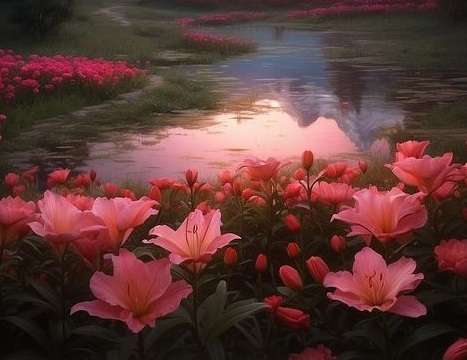
| Author Notes |
The Pisces constellation lies in the northern sky. Its name means fish in Latin. Pisces is one of the largest constellations in the sky.
Yamato uta is an unrhymed free verse type of Japanese poetry. Free verse means there are no rules, the poem is not rhymed and it can be as long as you like. It was created by poets during the Heian Period 700 century. As with all Japanese poetry, keep it as succinct as possible with word imagery, easy to visualize. Most are about nature but you can use any subject you like. "Yamato-uta is composed of the many words born from people's hearts, as leaves grow from seeds". The people use these words dexterously to express their thoughts about what they see or hear." wikipedia thank you for reading and reviewing my poem, Gypsy POEM IN BLACK FONT On a flower moon, I ran with bared feet across the bluegrass I looked up through the net of trees as they caught the Pisces Constellation The night bathed me and for a moment I lost myself in the massive cobalt sky The Universe became my skin and the flower moon was my heart beating in the dark Lightning came jagged and menacing but in soft silver light followed by faraway songs of thunder with electrifying notes |
![]()
By Gypsy Blue Rose
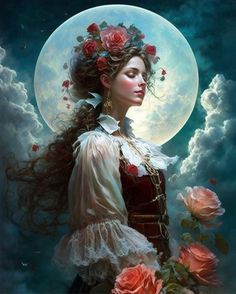
| Author Note: | words definitions and Yamato-Uta rules in my author notes |
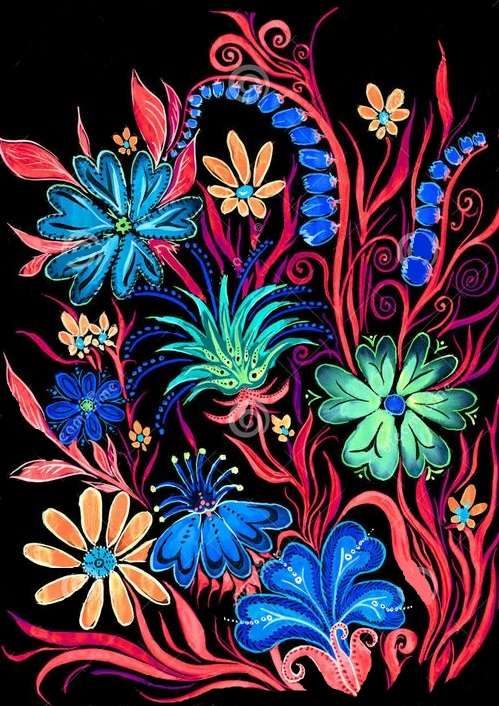
| Author Notes |
vacillate = to waver in mind or opinion; be indecisive or irresolute
ambivalent = having mixed feelings or contradictory ideas about someone. Yamato Uta is an unrhymed free verse type of Japanese poetry. The poem is not rhymed and it can be as long as you like. It was created by poets during Japan's Heian Period 700 century. As with all Japanese poetry, keep it as succinct as possible with word imagery, easy to visualize. You can write about any subject. "Yamato-Uta is composed of the many words born from people's hearts, as leaves grow from seeds". The people use these words dexterously to express their thoughts and feelings about what they see or hear." wikipedia Thank you for reading and reviewing my poem, Gypsy pictures from Pinterest |
![]()
By Gypsy Blue Rose

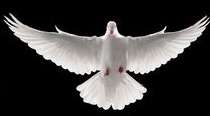
| Author Notes |
Gogyohka is a five-line free-style Japanese poetic form with no strict rules on syllable count but as brief as possible. Any theme. Lines are grammatically connected. Alliteration, personification, and metaphor are okay but never rhyme. Japanese poets have written gogyohka since the 1910s. However, they did not name the form until 1983 by poet Enta Kusakabe. === source = writers digest ===source=wikipedia
Thank you for taking the time to read and review my poem. Gypsy "Poetry heals the wounds inflicted by reason." - Novalis picture by Nopenapa, Pinterest |
![]()
By Gypsy Blue Rose

| Author Note: | word definitions and poem form in author notes |

| Author Notes |
Caravan = a group of travelers journeying together like a group of gypsies or pilgrims
Inconsolably = not able to be comforted Gogyohka is a five-line free-style Japanese poetic form with no strict rules on syllable count but as brief as possible. Any theme. Lines are grammatically connected. Alliteration, personification, and metaphor are okay but never rhyme. Japanese poets have written gogyohka since the 1910s. However, they did not name the form until 1983 by poet Enta Kusakabe. === source = writers digest ===source=wikipedia Thank you for taking the time to read and review my poem. Gypsy "Poetry heals the wounds inflicted by reason." - Novalis pictures from pinterest |
![]()
By Gypsy Blue Rose


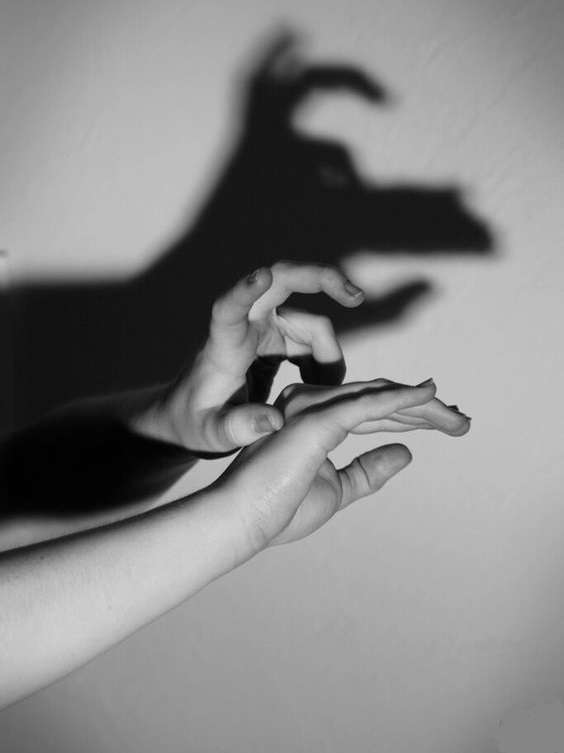
| Author Notes |
Gogyohka is a five-line free-style Japanese poetic form with no strict rules on syllable count but as brief as possible. Any theme. Lines are grammatically connected. Alliteration, personification, and metaphor are okay but never rhyme. Japanese poets have written gogyohka since the 1910s. However, they did not name the form until 1983 by poet Enta Kusakabe. === source = writers digest ===source=wikipedia
Thank you for taking the time to read and review my poem. Gypsy |
![]()
By Gypsy Blue Rose

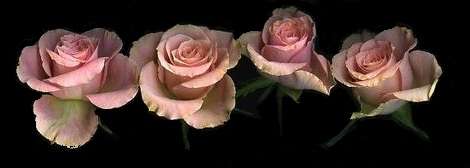
| Author Notes |
For my friends abroad, Victoria's Secret is a popular lingerie store in America.
Gogyohka is a five-line free-style Japanese poetic form with no strict rules on syllable count but as brief as possible. Any theme. Lines are grammatically connected. Alliteration, personification, and metaphor are okay but never rhyme. Japanese poets have written gogyohka since the 1910s. However, they did not name the form until 1983 by poet Enta Kusakabe. === source = writers digest ===source=wikipedia Thank you for taking the time to read and review my poem. Gypsy picture from pinterest |
![]()
By Gypsy Blue Rose

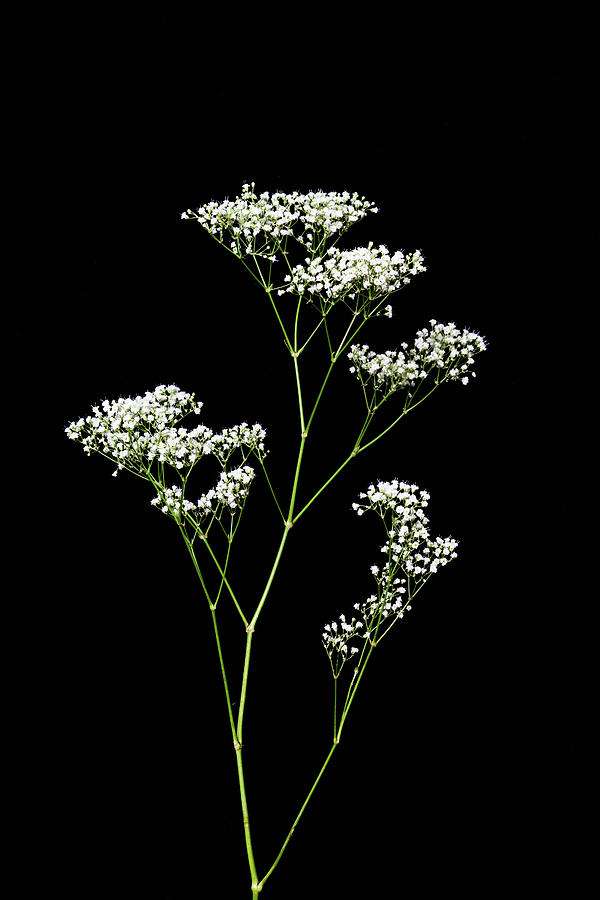
| Author Notes |
- new moon is dark and hard to see
- baby's breath is a flower often used in flower arrangements - white roses and baby's breath are often used at children's funerals Gogyohka is a five-line free-style Japanese poetic form with no strict rules on syllable count but as brief as possible. Any theme. Lines are grammatically connected. Alliteration, personification, and metaphor are okay but never rhyme. Japanese poets have written gogyohka since the 1910s. However, they did not name the form until 1983 by poet Enta Kusakabe. === source = writers digest ===source=wikipedia Thank you for taking the time to read and review my poem. Gypsy pictures from pinterest |
![]()
By Gypsy Blue Rose


| Author Notes |
- Azure is a shade of blue
- The Seven Seas include the Arctic, North Atlantic, South Atlantic, North Pacific, South Pacific, Indian, and Southern Oceans. Gogyohka is a five-line free-style Japanese poetic form with no strict rules on syllable count but as brief as possible. Any theme. Lines are grammatically connected. Alliteration, personification, and metaphor are okay but never rhyme. Japanese poets have written gogyohka since the 1910s. However, they did not name the form until 1983 by poet Enta Kusakabe. === source = writers digest ===source=wikipedia Thank you for taking the time to read and review my poem. Gypsy pictures from pinterest |
![]()
By Gypsy Blue Rose

| Author Note: | for Helen who prays for me |
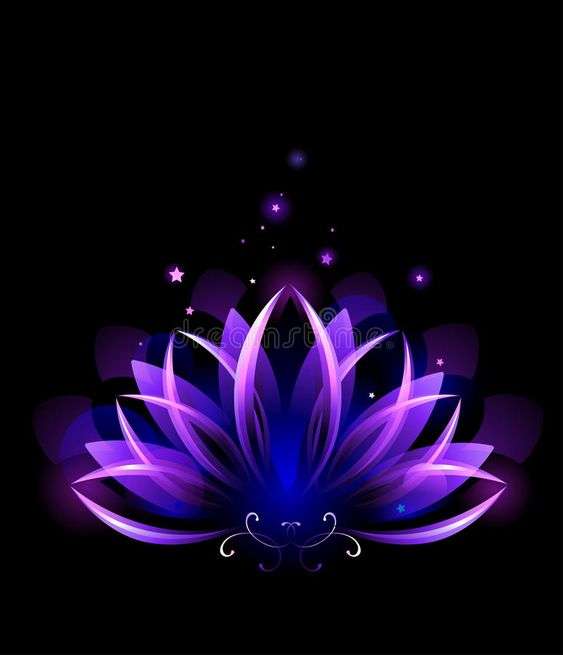
| Author Notes |
Lately, I have been feeling anxious and sad for no good reason. I wake up at 3 am every night and it's hard to get back to sleep. I worry and worry, thoughts just go around and around my mind. The only thing that helps is prayer and asking God to take care of me.
Some of the phrases are from 12-step programs which are very spiritual. Other phrases are from my Unity Church. Gogyohka is a five-line free-style Japanese poetic form with no strict rules on syllable count but as brief as possible. Any theme. Lines are grammatically connected. Alliteration, personification, and metaphor are okay but never rhyme. Japanese poets have written gogyohka since the 1910s. However, they did not name the form until 1983 by poet Enta Kusakabe. === source = writers digest ===source=wikipedia Thank you for taking the time to read and review my poem. Gypsy pictures from pinterest |
![]()
By Gypsy Blue Rose

| Author Note: | For Helen ( lyenochka ) |
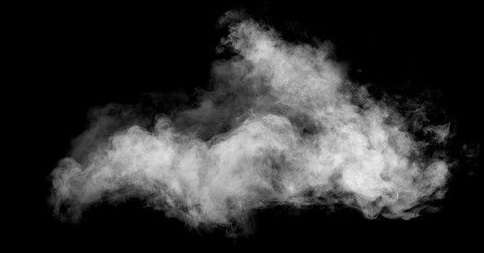
| Author Notes |
(new: "my cup overflows") (original: "My cup runneth over") is a quotation from the Hebrew Bible (Psalms:23:5) and means "I have more than enough for my needs" ** wikipedia
This week's Japanese Poetry Club challenge is to write a Busso poem. BUSSO POEM (Bussokusekika) is an old rare form of Japanese poetry that consists of six lines written in a 5-7-5-7-7-7 syllables pattern. Created in the 8th century and was written from 710 to 1185. They are usually written about religion or philosophical beliefs but contemporary Busso can be any subject. ********************************************************************* click here if you want to read more Thank you for reading my poem, Gypsy pictures from my Pinterest |
![]()
By Gypsy Blue Rose
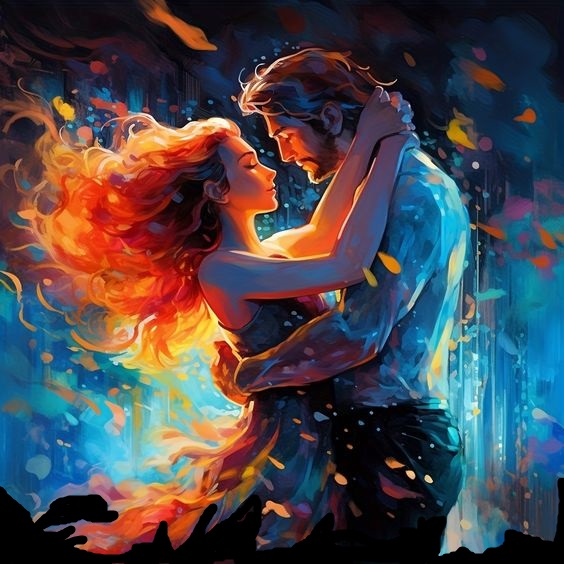
| Author Note: | first stanza is the woman's poem, the second is the man's response |
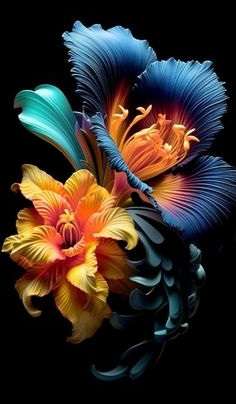
| Author Notes |
The Somonka, is a Japanese verse of two unrhymed poems (5/7/5/7/7 - 5/7/5/7/7) OR LESS exchanged between lovers in a statement and response form. The earliest Somonkas can be found as far back as the 1st century AD. click here, if you like, for more information ; . click here if you want to read more
Thank you very much for taking the time to read my poem. Gypsy Pictures from my Pinterest account |
![]()
By Gypsy Blue Rose

| Author Notes |
"Sunday's Best" is an American idiom that people say. It means wearing the best outfit you have to Sunday's mass.
Gogyohka is a Japanese poetic form consisting of five lines free verse. Thank you very much for reading my poem. Gypsy |
![]()
By Gypsy Blue Rose


| Author Notes |
Gogyohka is a five-line free-style Japanese poetic form with no strict rules on syllable count but as brief as possible. Any theme. Lines are grammatically connected. Alliteration, personification, and metaphor are okay but never rhyme. Japanese poets have written gogyohka since the 1910s. However, they did not name the form until 1983 by poet Enta Kusakabe. === source = writers digest ===source=wikipedia
Thank you for taking the time to read and review my poem. Gypsy pictures from my Pinterest account |
![]()
By Gypsy Blue Rose

| Author Note: | about the amazon rainforest deforestation |
~@~@~@~ In The Amazon ~@~@~@~
breeze dances with young saplings
amidst old magnolia trees
who share drops of wisdom
about the roots of all evil
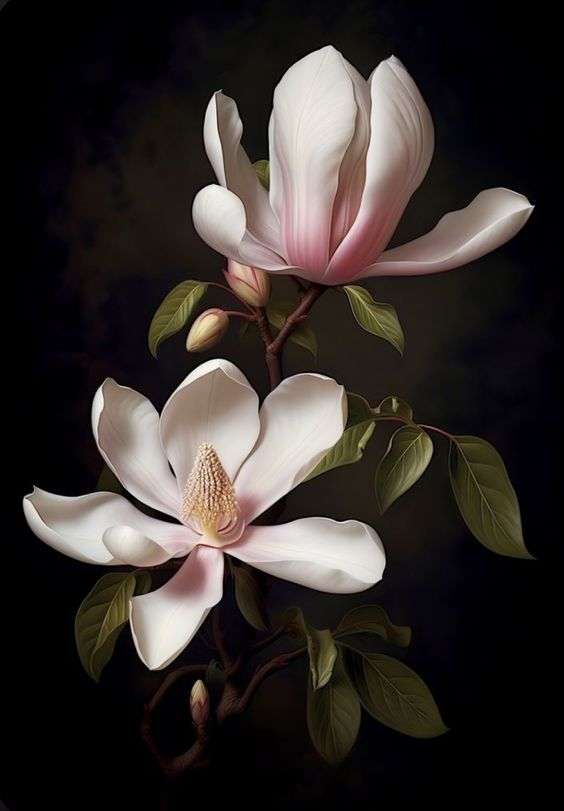
| Author Notes |
There are more trees in the amazon than stars in the Milky Way constellation
Magnolia tree is one of the many species in the Amazon NEGATIVE EFFECTS OF DEFORESTATION ON THE AMAZON -Disruption of Livelihoods of Amazonia Peoples -Less Rain and Moisture and more fires -Destruction of forests destroys the homes, habitat and food sources -Higher Temperatures -Pollution -Disruption of Migratory Corridors -Erosion and degradation of the soil POSITIVES OF THE AMAZON RAINFOREST - There are more trees in the Amazon than stars in the Milky Way. - The Amazon holds the highest number of species in the world. - Rivers of the Amazon carry approximately 20% of the world's freshwater to the Sea. - The Amazon stores around 120 billion tons of carbon. - The Amazon moderates local and global weather patterns releasing approximately - 20 billion tons of moisture into the atmosphere daily. - The Amazon is home to thousands of indigenous peoples. - One-quarter of all medicinal plants, many from the Amazon, are derived from tropical forests, with as many as 4 billion people served. facts about the amazon rainforest wikipedia about the amazon rainforest facts about the amazon rainforest Gogyohka is a five-line free-style Japanese poetic form with no strict rules on syllable count but as brief as possible. Any theme. Lines are grammatically connected. Alliteration, personification, and metaphor are okay but never rhyme. Japanese poets have written gogyohka since the 1910s. However, they did not name the form until 1983 by poet Enta Kusakabe. === source = writers digest ===source=wikipedia Thank you very much for reading my poem gypsy picture from google public domain |
![]()
By Gypsy Blue Rose

before we met
my life was a lazy boat
drifting at sea
headed to nowhere
until you found me
the storm led me to you
my alluring siren
singing songs of change
you saved me from drowning
and I dove into you

| Author Notes |
SIREN In Greek mythology, sirens are humanlike beings with alluring voices; they appear in a scene in the Odyssey in which Odysseus saves his crew's lives. The suren in my poem went rogue. LoL
Gogyohka is a five-line free-style Japanese poetic form with no strict rules on syllable count but as brief as possible. Any theme. Lines are grammatically connected. Alliteration, personification, and metaphor are okay but never rhyme. Japanese poets have written gogyohka since the 1910s. However, they did not name the form until 1983 by poet Enta Kusakabe. === source = writers digest ===source=wikipedia Thank you for taking the time to read and review my poem. Gypsy pictures from my pinterest account |
![]()
By Gypsy Blue Rose


I woke up before daybreak
with my head burrowed
on the crook of your neck

you tickled my face
with your beard and eyelashes
like mischievous butterflies

I lay watching you sleep
as the hazy light and dust slid down
through the window-blinds

your golden chesthair
stood up as my hands
hovered over your body

I wanted to cover you with kisses
and gentle bites
from head to toes

good morning, my love
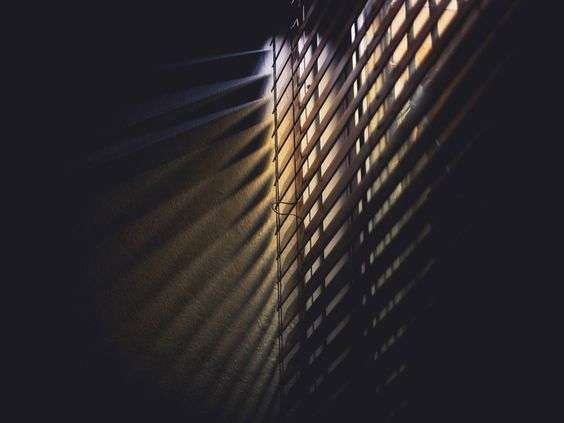
| Author Notes |
- Toboggan is a playground slide
Yamato uta is an unrhymed FREE VERSE of Japanese poetry. FORM: Free verse means there are no rules, the poem is not rhymed and it can be as long as you like. Poets created THE YAMATO UTA POEM during the Heian Period 700 century. As with all Japanese poetry, keeping it as brief as possible with word imagery, is easy to visualize. Most are about nature but you can use any subject you like. If you would like to join the Japanese Poetry Club click here all levels welcome. Thank you very much for reading and reviewing my poem. Gypsy |
![]()
By Gypsy Blue Rose
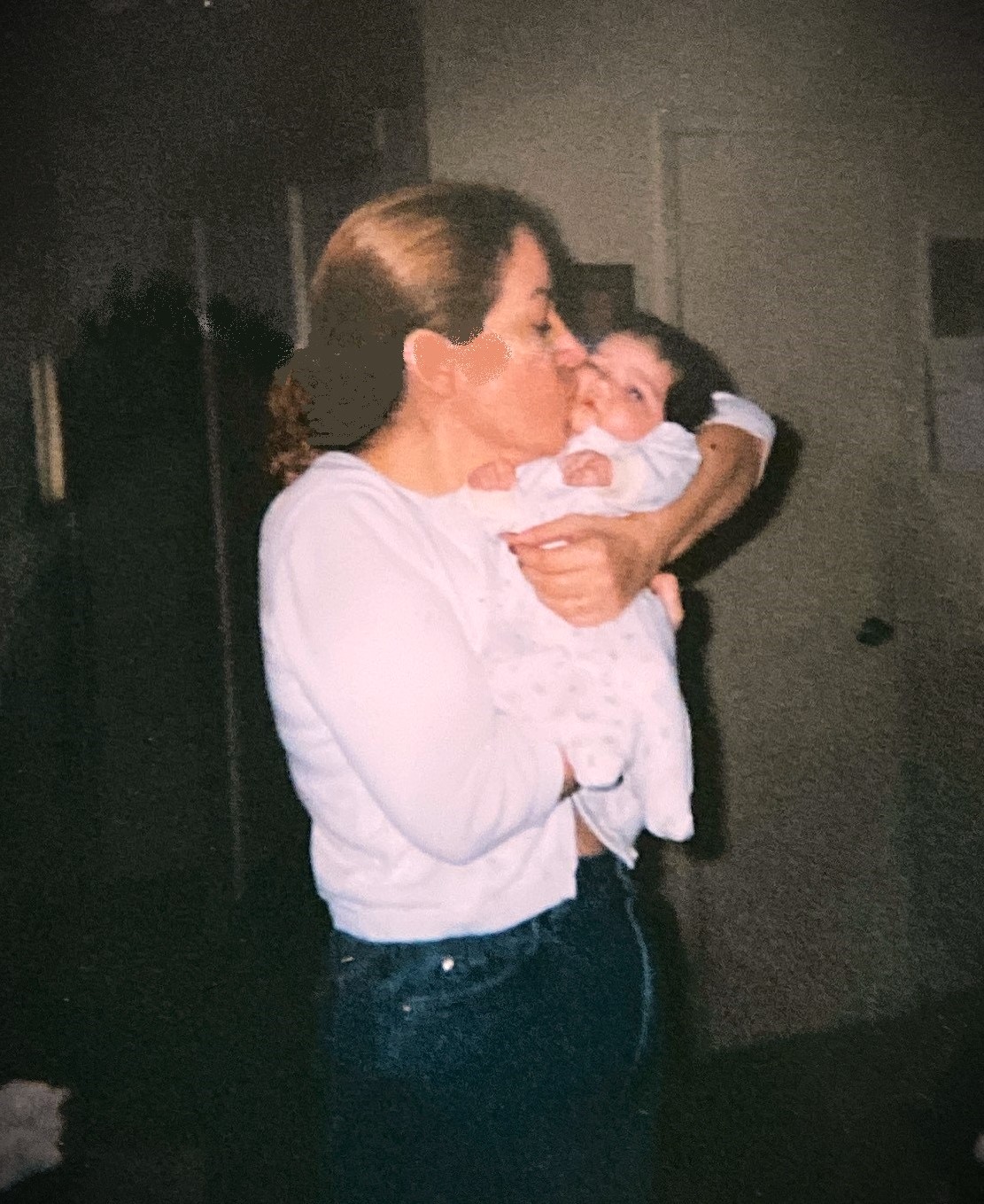
Another afternoon at the park with my grandson, Atticus. I watch him run faster than all the other kids and it makes me smile. He is a little below the average height for his age but has a large spirit and a big heart. When he ends the race, he comes over to me and proudly tells me, “Being small doesn’t mean I can’t be fast.” Ah, “Out of the mouths of babes.”. He is kind and plays with all kids, regardless of their size, abilities, age, or race.
falcon flies fast
over the highest mountains
with grand soul wings

| Author Notes |
Word count: 100 *help with grammar is welcome*
The peregrine falcon is the fastest member of the animal kingdom, with a diving speed of over 190 mph (300 km) "Out of the mouths of babes" is an idiom that originates from the Bible, Psalms 8:2. This phrase highlights how sometimes profound, wise, or surprising statements can come from children. 100-word flash fiction in Haibun style. It's a Japanese poetic form that combines prose and haiku. The prose is flash fiction with 100 to 130 words plus one haiku at the beginning or the end. The haiku relates to the story without repeating but relating to the story and moving it forward for a deeper meaning. Almost all of Japanese poetry is free verse. Thank you very much for reading my flash fiction story. Gypsy The picture is of me with my newborn grandson, Atticus. I have taken care of him since he was born. |
![]()
By Gypsy Blue Rose
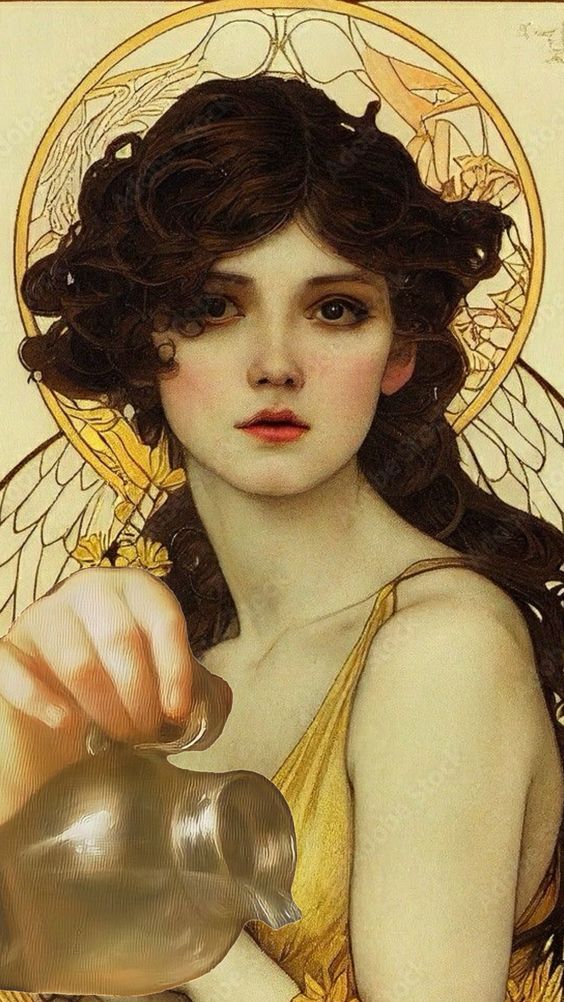
beautiful girl
I’m thirsty for your attention
and when you pass by—
my heart races
to the final line

| Author Notes |
Ekphrastic means a poem inspired by a picture
Gogyohka is a five-line free-style Japanese poetic form with no strict rules on syllable count but as brief as possible. Any theme. Lines are grammatically connected. Alliteration, personification, and metaphor are okay but never rhyme. Japanese poets have written gogyohka since the 1910s. However, they did not name the form until 1983 by poet Enta Kusakabe. === source = writers digest ===source=wikipedia Thank you for taking the time to read and review my poem. Gypsy pictures from my Pinterest account |
![]()
By Gypsy Blue Rose
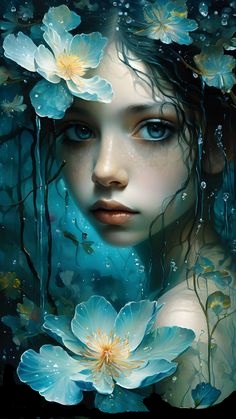
| Author Note: | I pray for abused children may they be rescued |
child of yesterday
trying to stay afloat
above the surface
of the past's pools
in her aquamarine eyes
pristine porcelain skin
made to be touched
by loving hands
but evil grabbed her first
and ravished her innocent soul
lost in furious seas
of deviant intent
drowning in venomous
hate and lust
of tarnishing abominations
all she wanted and deserved
was pure and unconditional love
and out of white cotton clouds
benevolent God's hands
saved her innocent soul

| Author Notes |
"I live with regrets - the bittersweet loss of innocence - the red track of the moon upon the lake - the inability to return and do it again" - John Geddes, A Familiar Rain
Gogyohka is a five-line free-style Japanese poetic form with no strict rules on syllable count but as brief as possible. Any theme. Lines are grammatically connected. Alliteration, personification, and metaphor are okay but never rhyme. Japanese poets have written gogyohka since the 1910s. However, they did not name the form until 1983 by poet Enta Kusakabe. === source = writers digest ===source=wikipedia Thank you for taking the time to read and review my poem. Gypsy pictures from my Pinterest account |
![]()
By Gypsy Blue Rose

has delicious lunch specials —
homeless man
only has sand dollars

| Author Notes |
A Naani poem has 4 lines. The total number of syllables in the poem are between 20 to 25. While the poem does not have to be about a particular subject it is often about human relations or current statements. � rules from Poetry Dancesâ?? fanstory
Thank you for taking the time to read and review my poem. Gypsy pictures from my Pinterest account |
![]()
By Gypsy Blue Rose

I still remember
as if it was yesterday,
your auburn hair spread
like a crown
over golden sand

the only witnesses
of your magestic beauty
the bending reeds and me
bowing with complete
surrender at your feet

you lying on the beach
like the goddess of summer
I feel the urge to kiss you
and the waves agree with me
flowing in and out with the tides

| Author Notes |
fiction, I am experimenting with writing from a man's point of view
Gogyohka is a five-line free-style Japanese poetic form with no strict rules on syllable count but as brief as possible. Any theme. Lines are grammatically connected. Alliteration, personification, and metaphor are okay but never rhyme. Japanese poets have written gogyohka since the 1910s. However, they did not name the form until 1983 by poet Enta Kusakabe. === source = writers digest ===source=wikipedia Thank you for taking the time to read and review my poem. Gypsy pictures from my Pinterest account, woman by Dave Goudreau |
![]()
By Gypsy Blue Rose

| Author Note: | dedicated to my mom |

let me wipe your tears
I’ll be with you night and day
keeping you close –
I want to bounce you on my lap
and rock you in my arms

don’t worry about a thing
you won’t face the world alone –
no need to be scared
I will look under your bed
to keep the monsters away

| Author Notes |
I wrote this poem for my mother who died when I was ten years old. I always wonder how different my life would be if I still had her. She was a wonderful loving mom.
Gogyohka is a five-line free-style Japanese poetic form with no strict rules on syllable count but as brief as possible. Any theme. Lines are grammatically connected. Alliteration, personification, and metaphor are okay but never rhyme. Japanese poets have written gogyohka since the 1910s. However, they did not name the form until 1983 by poet Enta Kusakabe. === source = writers digest ===source=wikipedia Thank you for taking the time to read and review my poem. Gypsy Painting by Natalia Tejera, Pinterest |
![]()
By Gypsy Blue Rose

since you left me
aboard your abandoned ship —
not one night has passed
that I haven’t been drenched
in cold waves

| Author Notes |
Gogyohka is a five-line free-style Japanese poetic form with no strict rules on syllable count but as brief as possible. Any theme. Lines are grammatically connected. Alliteration, personification, and metaphor are okay but never rhyme. Japanese poets have written gogyohka since the 1910s. However, they did not name the form until 1983 by poet Enta Kusakabe. === source = writers digest ===source=wikipedia
Thank you for taking the time to read and review my poem. Gypsy pictures from my Pinterest account |
![]()
By Gypsy Blue Rose
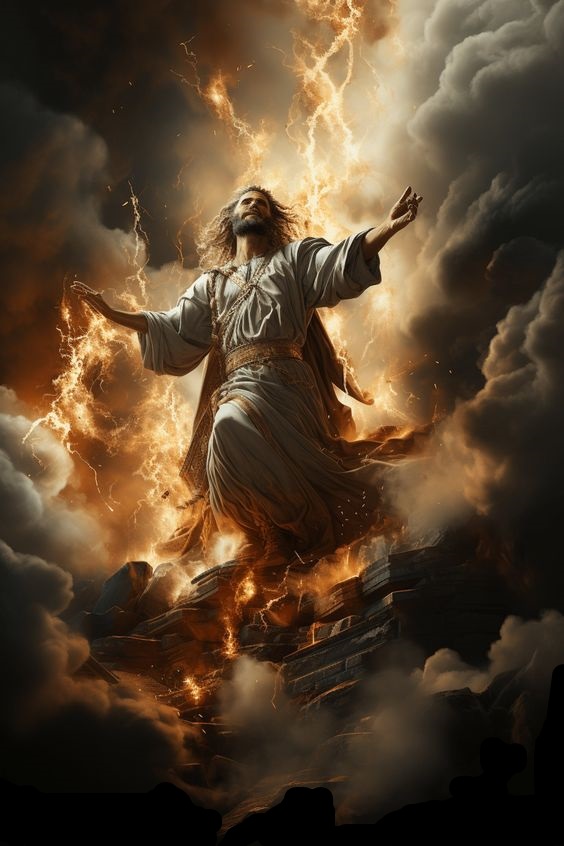
He smiles
and I see myself
on the dark golden sun
in His eyes

His laughter
waters barren fields
with multicolored rainbows
and fruitful flowers

His infinite love for all
never ceases
especially the most wounded
broken people

God loves and is loved
and He will never be forgotten
He lives in our hearts
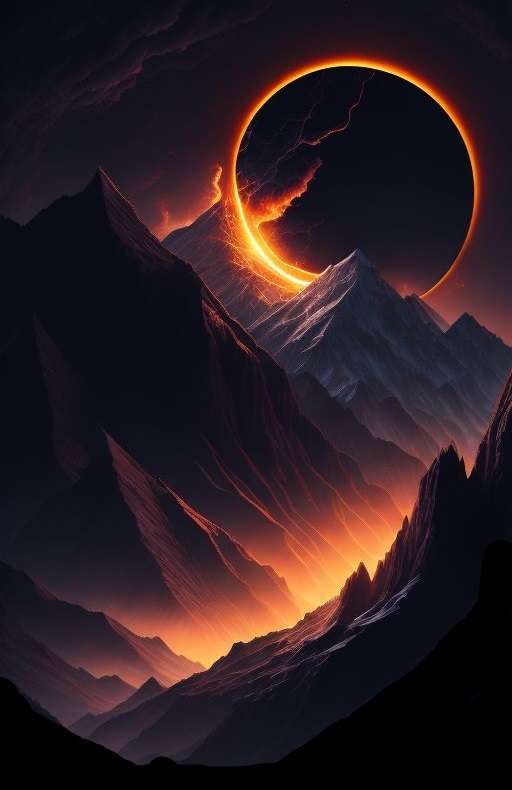
| Author Notes |
Inspired by the New Testament and the Book of Longings by Sue Monk Kidd
Yamato uta is an unrhymed free verse type of Japanese poetry. Free verse means there are no rules, the poem is not rhymed and it can be as long as you like. It was created by poets during the Heian Period 700 century. As with all Japanese poetry, keep it as succinct as possible with word imagery, easy to visualize. Most are about nature but you can use any subject you like. "Yamato-uta is composed of the many words born from people's hearts, as leaves grow from seeds". �?� The people use these words dexterously to express their thoughts about what they see or hear." wikipedia thank you for reading and reviewing my poem, Gypsy Pictures from my Pinterest account |
![]()
By Gypsy Blue Rose


Aphrodite,
my Venus,
goddess of love and desire
garbed in saffron sun tunic
and anointed with meteor showers

her celestial diamond crown
and moon’s silver silk veil
adorn her stellar beauty
among all the other goddesses
of an old forgotten world



| Author Notes |
Aphrodite, the Greek goddess of love, beauty, and desire, stands as one of the most captivating and influential deities in ancient Greek mythology. Aphrodite was identified by Romans as Venus. click here if you want to see a list of Greek goddesses
Gogyohka is a five-line free-style Japanese poetic form with no strict rules on syllable count but as brief as possible. Any theme. Lines are grammatically connected. Alliteration, personification, and metaphor are okay but never rhyme. Japanese poets have written gogyohka since the 1910s. However, they did not name the form until 1983 by poet Enta Kusakabe. === source = writers digest ===source=wikipedia Thank you for taking the time to read and review my poem. Gypsy pictures from my Pinterest account |
![]()
By Gypsy Blue Rose

“Oh, darling!"
"You are so hot, give it to me!”
husband loves his wife’s new sexy talk
“Oh, my handsome mailman!”
in the bedroom corner, the cockatoo
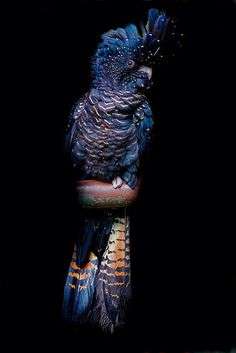
| Author Notes |
Gogyohka is a five-line free-style Japanese poetic form with no strict rules on syllable count but as brief as possible. Any theme. Lines are grammatically connected. Alliteration, personification, and metaphor are okay but never rhyme. Japanese poets have written gogyohka since the 1910s. However, they did not name the form until 1983 by poet Enta Kusakabe. === source = writers digest ===source=wikipedia
Thank you for taking the time to read and review my poem. Gypsy pictures from my Pinterest account |
![]()
By Gypsy Blue Rose

Looking at the sky
a child asks his dad,
“Did God paint
the constellations
by number?”
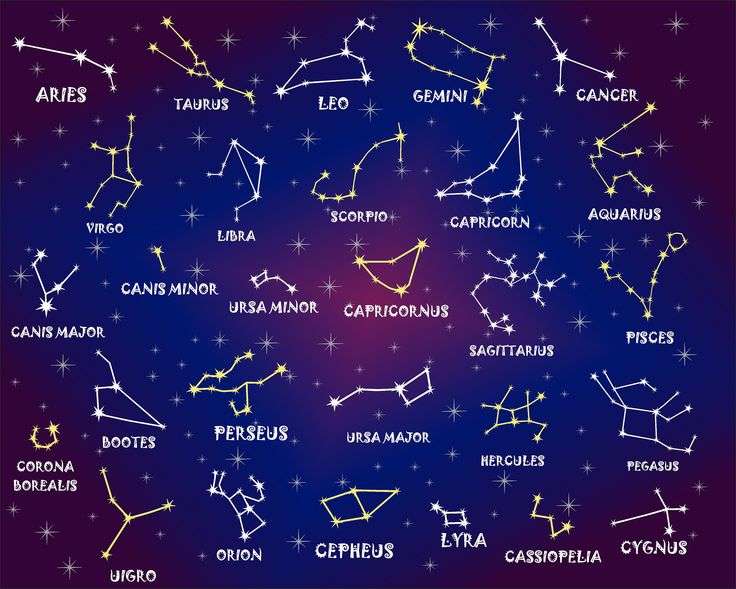
| Author Notes |
Constellations = any of 88 configurations of stars or an area of the celestial sphere
Gogyohka is a five-line free-style Japanese poetic form with no strict rules on syllable count but as brief as possible. Any theme. Lines are grammatically connected. Alliteration, personification, and metaphor are okay but never rhyme. Japanese poets have written gogyohka since the 1910s. However, they did not name the form until 1983 by poet Enta Kusakabe. === source = writers digest ===source=wikipediaThank you for taking the time to read and review my poem. Gypsy |
![]()
By Gypsy Blue Rose

| Author Note: | poem in black font in my author notes |
fresh thorned roses
for the tombstone vase,
at her husband’s cold grave—
sprinkled with drops
of blood and tears
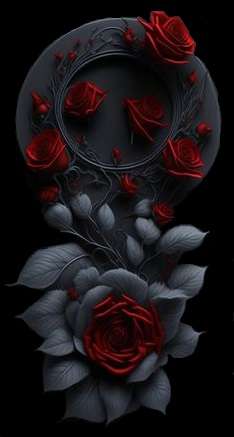
| Author Notes |
poem in black font for easy reading
fresh thorned roses for the tombstone vase, at her husband's cold grave, covered with drops of blood and tears Gogyohka is a five-line free-style Japanese poetic form with no strict rules on syllable count but as brief as possible. Any theme. Lines are grammatically connected. Alliteration, personification, and metaphor are okay but never rhyme. Japanese poets have written gogyohka since the 1910s. However, they did not name the form until 1983 by poet Enta Kusakabe. === source = writers digest ===source=wikipedia Thank you for taking the time to read and review my poem. Gypsy pictures from my Pinterest account |
![]()
By Gypsy Blue Rose

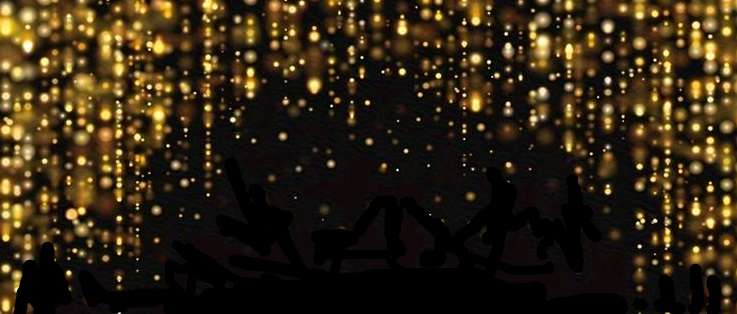
Luna Moon Goddess
sails across the seven seas
veiled with golden stardust
to enliven the night
with dripping drops of gold
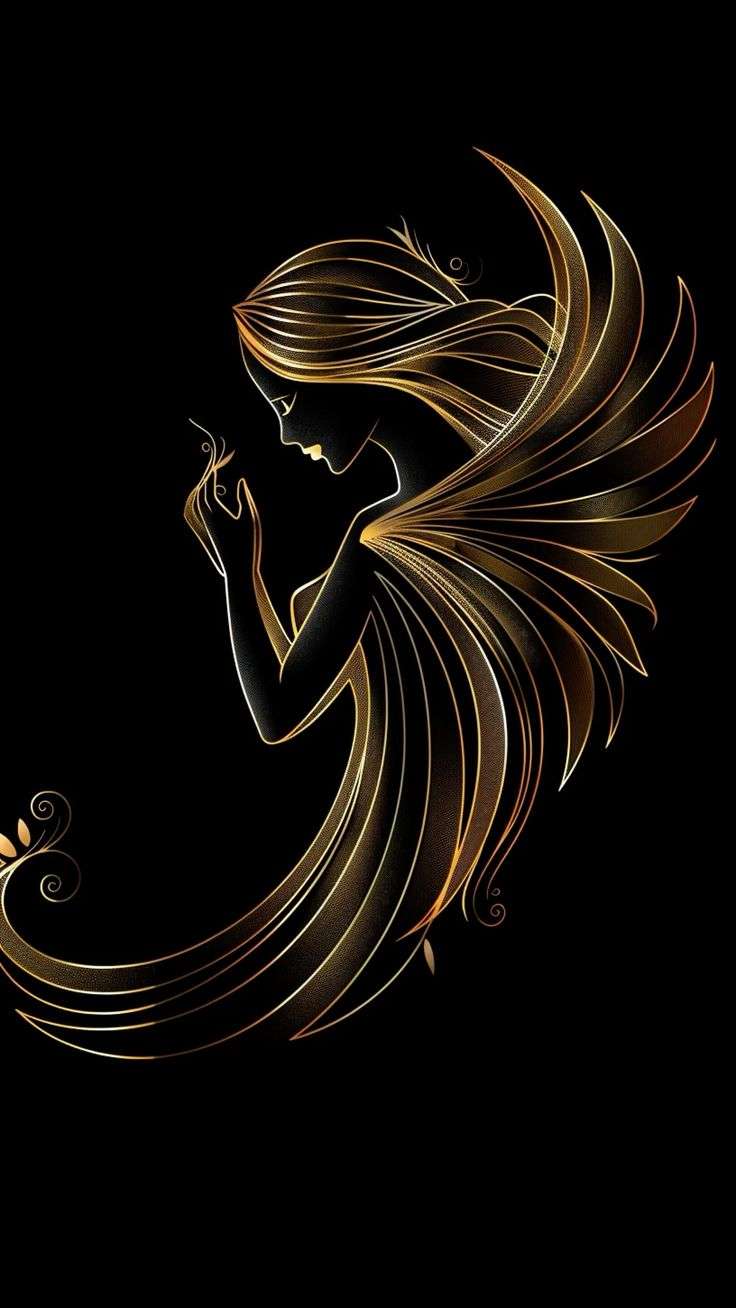
| Author Notes |
Luna was the Greek goddess of the moon
Gogyohka is a five-line free-style Japanese poetic form with no strict rules on syllable count but as brief as possible. Any theme. Lines are grammatically connected. Alliteration, personification, and metaphor are okay but never rhyme. Japanese poets have written gogyohka since the 1910s. However, they did not name the form until 1983 by poet Enta Kusakabe. === source = writers digest ===source=wikipedia Thank you for taking the time to read and review my poem. Gypsy |
![]()
By Gypsy Blue Rose

| Author Note: | poem in black font in my author notes |

I choose you
amidst a million sunsets
stars
worlds
lifetimes

I choose you
‘cause you are the one
and we fit in so well
when we spoon in bed
and you scratch my back

| Author Notes |
Spooning=something we say in America, when we lie in bed together front to back, like the spoons in the drawer. No double meaning.
To have my back scratched is one of my favorite things. Gogyohka is a five-line free-style Japanese poetic form with no strict rules on syllable count but as brief as possible. Any theme. Lines are grammatically connected. Alliteration, personification, and metaphor are okay but never rhyme. Japanese poets have written gogyohka since the 1910s. However, they did not name the form until 1983 by poet Enta Kusakabe. === source = writers digest ===source=wikipedia Thank you for taking the time to read and review my poem. Gypsy pictures from my Pinterest account |
![]()
By Gypsy Blue Rose





wind shakes young and tender leaflets
and blow crisp amber and crimson leaves
that wave goodbye to migrant singing birds
coquette tides dance back and forth
as waves with white foam skirts
tip toe around the shore

| Author Notes | CONTEMPORARY SIJO poem is a traditional Korean poetic form related to haiku and tanka. Sijo is comprised of 44-46 syllables. Themes can be romantic, metaphysical, reflection, or spiritual. Originally it was written in four lines but it�??�?�¢??s okay to write it in more. |
![]()
By Gypsy Blue Rose


another argument‚
scared son hides in the closet
with his crayon drawings
of happy mom and dad
on the walls

| Author Notes |
- National Domestic Violence Hotline: 800-799-7233 more information
- Child Help Hotline: 800-422-4453 more information Gogyohka is a five-line free-style Japanese poetic form with no strict rules on syllable count but as brief as possible. Any theme. Lines are grammatically connected. Alliteration, personification, and metaphor are okay but never rhyme. Japanese poets have written gogyohka since the 1910s. However, they did not name the form until 1983 by poet Enta Kusakabe. === source = writers digest ===source=wikipedia Thank you for taking the time to read and review my poem. Gypsy Top picture from Google public domain, bottom picture from Pinterest |
![]()
By Gypsy Blue Rose

| Author Note: | fictional poem inspired by Mary Magdalene |

for my heart
all I need is your relentless love
during day or night
hot or cold
M
for my hope
I simply need angel wings
to reach heaven with a kiss
and your hands to hold
M
you awaken my soul
with your unconditional love
is it real? is it wrong?
I have fallen in love
M
you come to me
with eternal dawn and dusk
dew on the flowers
and wave tides
M
you arrive with the sound
of a gentle finch
a soaring heron
or a peaceful dove

| Author Notes |
It is clear from the Gospels that Mary Magdalene had a great love for Jesus. She followed him as a disciple, ministering to him from her means (Luke 8:2-3), and had been with Mary, the Mother of Jesus, and the other women when Jesus was crucified (Mark 15:40-41).
RYOKAN - Taigu Ryokan was born in northern Japan in 1785. He was a successful haiku poet. When he was eighteen years old Ryokan met the Zen Master Kokusen became a Buddhist monk. He wrote about nature and the way people related to each other. The rules are simple: free verse, any amount of syllables and lines. Doesn't rhyme. You may use any poetic device. Thank you for reading my poem, have a fabulous weekend. Gypsy |
![]()
By Gypsy Blue Rose


i n t e r r u p t e d n a p
knock … knock … knock
the annoyed man opens the door
and nobody is there
~ t h e w o o d p e c k e r ~

| Author Notes |
Gogyohka is a five-line free-style Japanese poetic form with no strict rules on syllable count but as brief as possible. Any theme. Lines are grammatically connected. Alliteration, personification, and metaphor are okay but never rhyme. Japanese poets have written gogyohka since the 1910s. However, they did not name the form until 1983 by poet Enta Kusakabe. === source = writers digest ===source=wikipedia
Thank you for reading and reviewing my poem. Gypsy pictures from my Pinterest account, I use two programs for my presentations- ImageShack and Windows' Paint. All parts of my presentations are copyrighted. |
![]()
By Gypsy Blue Rose


to find the key to happiness
contemplate the creek
it doesn't worry about the future
or feel inadequate—
it simply goes with the flow

| Author Notes |
Gogyohka is a five-line free-style Japanese poetic form with no strict rules on syllable count but as brief as possible. Any theme. Lines are grammatically connected. Alliteration, personification, and metaphor are okay but never rhyme. Japanese poets have written gogyohka since the 1910s. However, they did not name the form until 1983 by poet Enta Kusakabe. === source = writers digest ===source=wikipedia
Thank you for reading and reviewing my poem. Gypsy pictures from my Pinterest account, I use two programs for my presentations- ImageShack and Windows' Paint. All parts of my presentations are copyrighted. |
![]()
By Gypsy Blue Rose
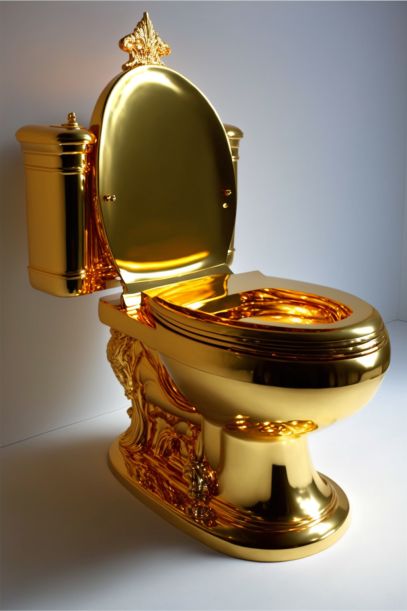

there’s a man
with orange hair and tiny hands
who wants to be
the king of a great land
but now he’s felon number one

| Author Notes |
KYOKA is a parody of tanka (Japanese poem) that contains social satire, irony, and humor in 31 (5-7-5-7-7) syllables OR LESS. The playful and mocking verse sometimes was targeted to guests at banquets where they were read out in an atmosphere similar to that of a roast. The form flourished during the Edo period (17thâ??18th centuries). Puns, wordplay, and other word games were frequently employedâ??and make translation difficult. A common technique was using a classical poem as a base and altered to give it a vulgar twist. The form attracted various social classes, including low-level samurais, commoners, and scholars of Chinese and Japanese classics. Sources Wikipedia source Japanese Wiki source Kujaku Poet Blogspot
Thank you very much for reading and reviewing my poem. Gypsy |
![]()
By Gypsy Blue Rose
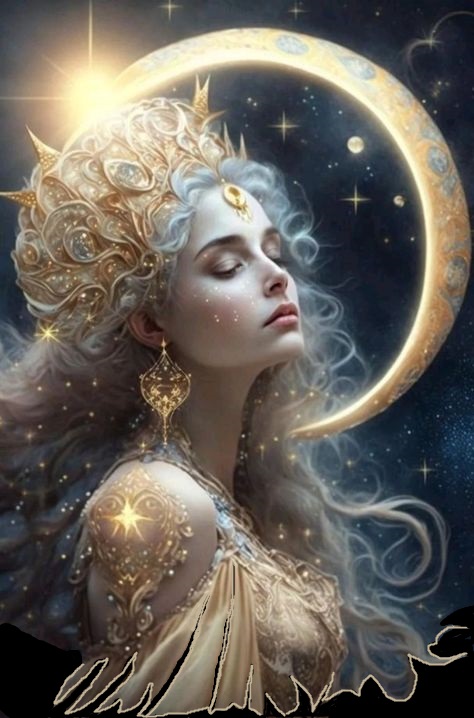
| Author Note: | For Rules, Please Read My Author Notes |
Have you seen the beautiful moon goddess?
She reigns gracefully over the sky and sea
as capricious tides come and go upon the shore.
Seeing her is as rare as an aqua blue moon.

| Author Notes |
I used 'aqua blue moon' for poetic effect. In reality, it's just a blue moon and they are rare, thus the saying ... "once in a blue moon". The next Blue Moon will occur on Aug.19, 2024. A seasonal Blue Moon refers to the third full moon in a season, according to NASA.
CLASSIC SIJO poem is a traditional Korean poetic form related to haiku and tanka. Sijo is comprised of 44-46 syllables. Themes can be romantic, metaphysical, reflection, or spiritual. Originally it was written in four lines but it's okay to write it in more. FIRST STANZA IS THEME: 3,4,4,4; SECOND STANZA IS ELABORATION: 3,4,4,4; THIRD STANZA IS COUNTER THEME: 3,5.; FOURTH STANZA IS COMPLETION: 4,3 Thank you for reading and reviewing my poem. Gypsy pictures from my Pinterest account, I use two programs for my presentations- ImageShack and Windows' Paint. All parts of my presentations are copyrighted. |
![]()
By Gypsy Blue Rose
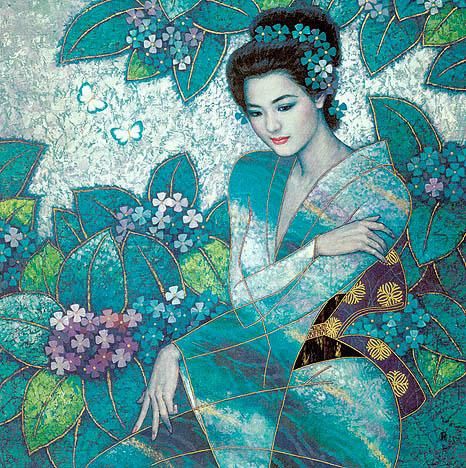




| Author Notes |
For the Japanese Poetry Club. Everyone is welcome to join the club. Check the bottom link and follow the prompts. Please, do not hesitate to ask me for help.
Ekphrastic is a poem inspired by a picture. Dodoitsu is a Japanese poetic form developed towards the end of the Edo period (1603 to 1867) about any theme. Form: four lines with 7-7-7-5 syllables and no rhyme for 26 syllables. The tone and structure derive from Japanese folk song traditions. The dodoitsu often focuses on love or work with a comical twist but you can use any topic you like. The title can be anything you like. click here for more information Wikipedia Thank you for reading and reviewing my poem. Gypsy pictures from my Pinterest account, I use two programs for my presentations- ImageShack and Windows' Paint. All parts of my presentations are copyrighted. |
![]()
By Gypsy Blue Rose
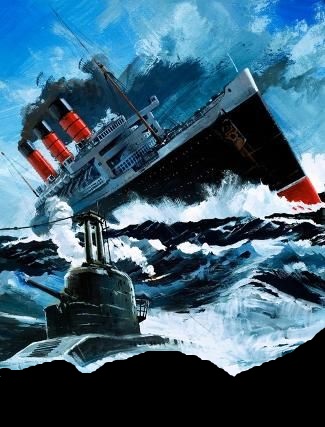
Caribbean Cruise goes down
on a thunderous morning
far away from the seashore—
hungry sharks’ fast food

| Author Notes |
This poem is for the Japanese Poetry Club. Everyone is welcome to join. if you would like to join click here then click on RESERVE SPOT and then click on SUBMIT YOUR ENTRY.
Dodoitsu is a Japanese poetic form developed towards the end of the Edo period (1603 to 1867) about any theme. Form: four lines with 7-7-7-5 syllables and no rhyme for a total of 26 syllables. The tone and structure derives from Japanese folk song traditions. The dodoitsu often focuses on love or work with a comical twist but you can use any topic you like. The title can be anything you like. click here for more information Wikipedia Thank you for reading and reviewing my poem. Gypsy pictures from my Pinterest account, I use two programs for my presentations- ImageShack and Windows' Paint. All parts of my presentations are copyrighted. |
![]()
By Gypsy Blue Rose

on my hammock,
lazy gazing at the silver moon
amazed by its razzle-dazzle —
I forgot to send you a message
with the drifting clouds

| Author Notes |
Gogyohka is a five-line free-style Japanese poetic form with no strict rules on syllable count but as brief as possible. Any theme. Lines are grammatically connected. Alliteration, personification, and metaphor are okay but never rhyme. Japanese poets have written gogyohka since the 1910s. However, they did not name the form until 1983 by poet Enta Kusakabe. === source = writers digest ===source=wikipedia
Thank you for reading and reviewing my poem. Gypsy pictures from my Pinterest account, I use two programs for my presentations- ImageShack and Windows' Paint. All parts of my presentations are copyrighted |
![]()
By Gypsy Blue Rose
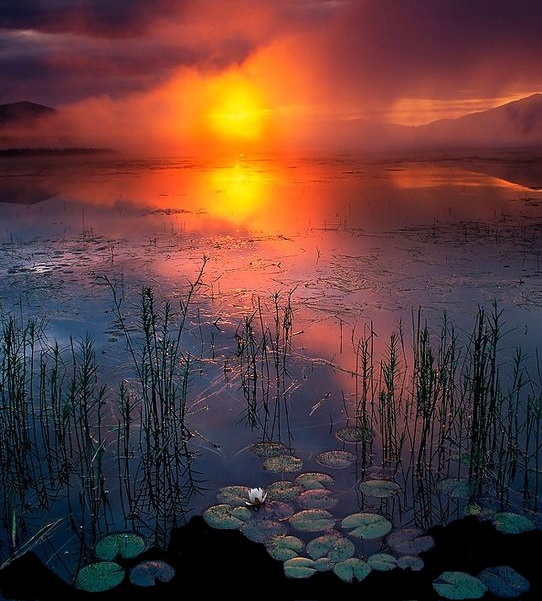
home at eventide
with a grateful heart
for your beloved
and a song of praise
upon your lips
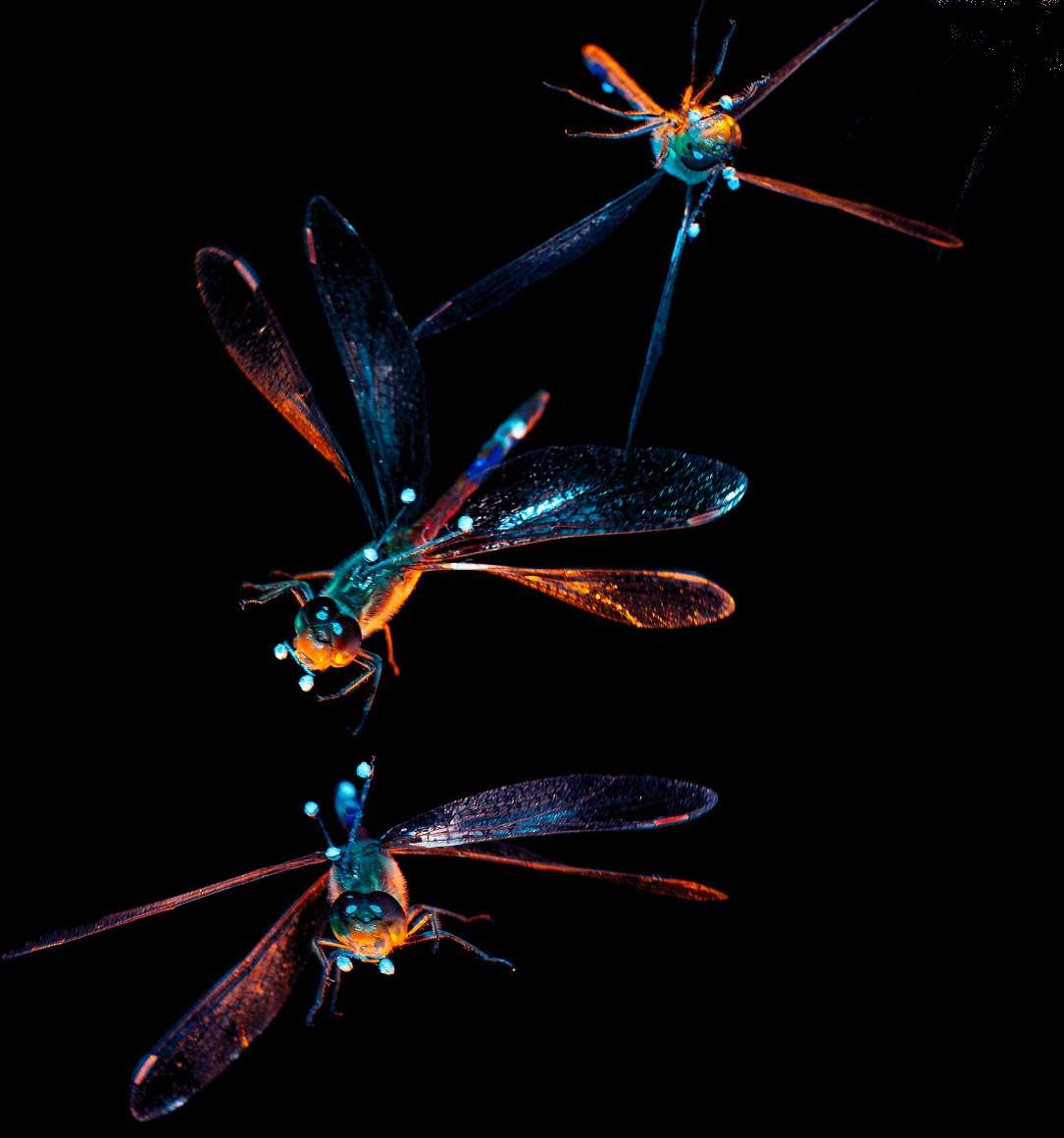
| Author Notes |
Gogyohka is a five-line free-style Japanese poetic form with no strict rules on syllable count but as brief as possible. Any theme. Lines are grammatically connected. Alliteration, personification, and metaphor are okay but never rhyme. Japanese poets have written gogyohka since the 1910s. However, they did not name the form until 1983 by poet Enta Kusakabe. === source = writers digest ===source=wikipedia
Thank you for reading and reviewing my poem. Gypsy pictures from my Pinterest account, I use two programs for my presentations- ImageShack and Windows' Paint. All parts of my presentations are copyrighted. |
![]()
By Gypsy Blue Rose





wake up at dawn
with a joyful heart
for the love you have—
and at the end of day
cherish twilight in your lover's eyes




| Author Notes |
Gogyohka is a five-line free-style Japanese poetic form with no strict rules on syllable count but as brief as possible. Any theme. Lines are grammatically connected. Alliteration, personification, and metaphor are okay but never rhyme. Japanese poets have written gogyohka since the 1910s. However, they did not name the form until 1983 by poet Enta Kusakabe. === source = writers digest ===source=wikipedia
Thank you for reading and reviewing my poem. Gypsy pictures from my Pinterest account, I use two programs for my presentations- ImageShack and Windows' Paint. All parts of my presentations are copyrighted. |
![]()
By Gypsy Blue Rose
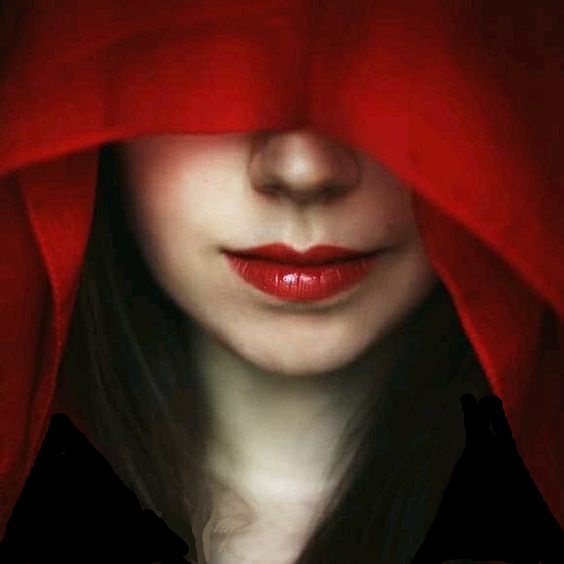
| Author Note: | poem about true love |





if you seek pleasure
and fear losing your lover
take a different path
you’re blinded by lust
and are not protecting your heart

melt your defenses
against true love
like a brook melts boulders
drop by drop as it goes
singing the night’s song

dare to feel deep pain
of too much tenderness
sacrificing if need be
for the one you love
with an open soul

| Author Notes |
Gogyohka is a five-line free-style Japanese poetic form with no strict rules on syllable count but as brief as possible. Any theme. Lines are grammatically connected. Alliteration, personification, and metaphor are okay but never rhyme. Japanese poets have written gogyohka since the 1910s. However, they did not name the form until 1983 by poet Enta Kusakabe. === source = writers digest ===source=wikipedia
Thank you for reading and reviewing my poem. Gypsy pictures from my Pinterest account, I use two programs for my presentations- ImageShack and Windows' Paint. All parts of my presentations are copyrighted. |
![]()
By Gypsy Blue Rose

summer muse
lost in adventures
on faraway lands—
takes a break
from over-ambitious poet

| Author Notes |
Summer starts on June 21st
Gogyohka is a five-line free-style Japanese poetic form with no strict rules on syllable count but as brief as possible. Any theme. Lines are grammatically connected. Alliteration, personification, and metaphor are okay but never rhyme. Japanese poets have written gogyohka since the 1910s. However, they did not name the form until 1983 by poet Enta Kusakabe. source = writers digest source=wikipedia Thank you for reading and reviewing my poem. Gypsy pictures from my Pinterest account, I use two programs for my presentations- ImageShack and Windows' Paint. All parts of my presentations are copyrighted. |
![]()
By Gypsy Blue Rose

My Mother and I were very close. I was always next to her, like a little barnacle. When I was ten years old, Mom had a stroke and died.
My family held a wake at our house before the funeral. Her body was as cold as marble, it was hard to believe it was my mother. The room was full of chrysanthemums, the smell was so overwhelming that it made me sick. I can't stand them since then.
Friends and family were packed in my parents' bedroom. They all stood around my mother’s bed. At one point, a hysterical woman shouted, “She's alive!" She held a small mirror in front of my Mother’s face. There was a little condensation on the mirror as if my mom was breathing. I was so surprised and happy for a minute but the woman was wrong.
I slept most of the day and night for a whole week after the funeral. I dreamt of my mother every night, I believe she knew I was not ready to let her go. I know it was her way to say goodbye.
drooping mums
bend over stagnant water
with the scent of death
| Author Notes |
Haibun is a poetry form that combines a haiku with prose. Haibun's prose is descriptive. The prose section is then followed by a haiku that serves to deepen the meaning of the prose, either by intensifying its themes or serving as a juxtaposition to the prose's content.
The subject matter of a haibun can vary widely and commonly describe an unfolding scene, a slice of life, or a special moment. These sections typically consist of a couple of paragraphs to about 300 words written in imagistic style. Haibun prose can be written in first-person or third-person. The accompanying haiku usually appears at the end of the haibun composition, though in some cases it may appear in the middle or at the very beginning. The haiku is meant to be in conversation with the prose section, serving as a thematic accompaniment, juxtaposition, or grace note that deepens the meaning of the piece as a whole. Haibun Guidelines HAIBUN is a Japanese poetic form that combines prose and haiku. TENSE: present or past SUBJECT MATTER: autobiographical, travel journal, slice of life, memory, dream short sketch of a person, place, and event. TOPICS: life as a journey, love affairs, illness, human concerns & experiences POINT OF VIEW: first person (everything seen through the author's eyes), third person (he/she) TONE sets a mood, often interrupted by the haiku SENSORY: uses imagery, sensory, concrete details, no abstractions FOCUS on one or two elements LANGUAGE uses language to suit the subject matter and mood (colloquial, formal, dialect) LENGTH: varies from very brief (1-2 sentences) with one haiku, to long prose entries with interspersed haiku, to memoir-length works Styles Haiku/prose Prose/haiku Haiku/prose/haiku, Prose/haiku/prose/haiku/prose/haiku etc. PROSE tells the story, gives information, defines the theme, creates a mood through tone, provides a background to spotlight the haiku HAIKU: moves the story forward, takes the narrative in another direction, adds insight or another dimension to the prose, resolves the conflict in an unpredictable way, or questions the resolution of the prose. Prose is the narrative and haiku is the revelation or the reaction. Guidelines for Writing Haibun in English by Margaret Chula click here to read guidelines for writing haibun for Haibun Today examples and more information click here for wikipedia definition click here for Graceguts- more information click here click here for a pdf file of guidelines Thank you very much for reading and reviewing my poem, Gypsy pictures from Pinterest account |
![]()
By Gypsy Blue Rose
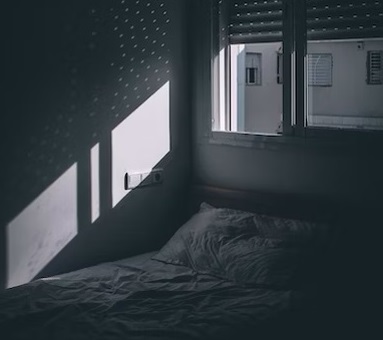




hothouse orchids
seem to gaze at the raging storm
wishing to be
a dandelion in the wind
living dangerously

| Author Notes |
Gogyohka is a five-line free-style Japanese poetic form with no strict rules on syllable count but as brief as possible. Any theme. Lines are grammatically connected. Alliteration, personification, and metaphor are okay but never rhyme. Japanese poets have written gogyohka since the 1910s. However, they did not name the form until 1983 by poet Enta Kusakabe.
source = writers digest source=wikipedia Thank you for reading and reviewing my poem. Gypsy pictures from my Pinterest account, All parts of my poems and presentations are copyrighted and registered with fanstory. |
![]()
By Gypsy Blue Rose
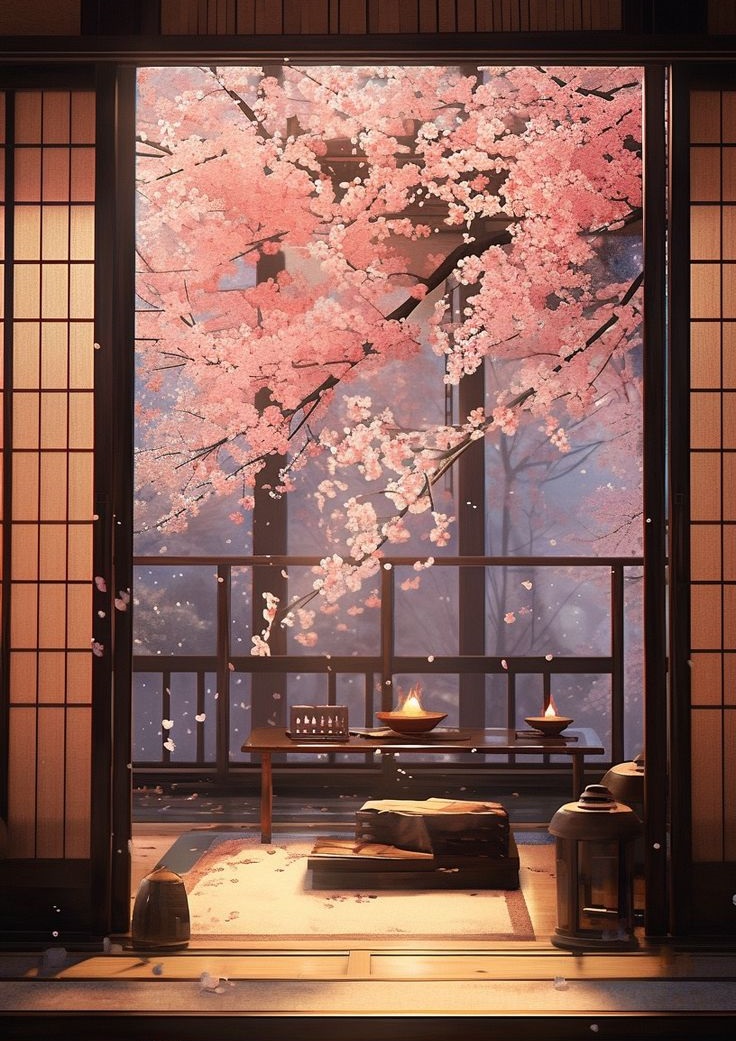

emptiness inside of her
where seeds of love fall
but never grow—
blossoms blow in the wind
past her empty home
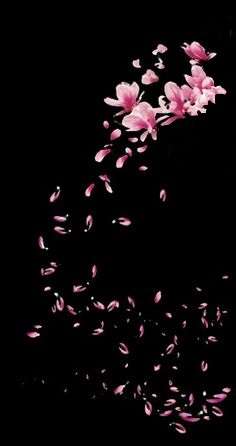
| Author Notes |
Gogyohka is a five-line free-style Japanese poetic form with no strict rules on syllable count but as brief as possible. Any theme. Lines are grammatically connected. Alliteration, personification, and metaphor are okay but never rhyme. Japanese poets have written gogyohka since the 1910s. However, they did not name the form until 1983 by poet Enta Kusakabe.
source = writers digest source=wikipedia Thank you for reading and reviewing my poem. Gypsy pictures from my Pinterest account, All parts of my poems and presentations are copyrighted and registered with fanstory. |
![]()
By Gypsy Blue Rose


svelte gypsy
with smooth alabaster skin
caressed by jasmine breeze —
that play with her moonless night hair
as her eyes light up the pond with love

| Author Notes |
There are only two choices in the world, LOVE or FEAR. I chose LOVE.
Ekphrastic is a poem inspired by a picture or painting Gogyohka is a five-line free-style Japanese poetic form with no strict rules on syllable count but as brief as possible. You may use any theme. Lines are grammatically connected. Alliteration, personification, and metaphor are okay but never rhyme. Japanese poets have written gogyohka since the 1910s. However, they did not name the form until 1983 by poet Enta Kusakabe. source = writers digest source=wikipedia Thank you for reading and reviewing my poem. Gypsy Pictures from my Pinterest account. I have the complete copyright of my poem and presentation, and they are registered with FanStory. |
![]()
By Gypsy Blue Rose

| Author Note: | Happy 4th of July! |
the Statue of Liberty
embraces all—
she stands tall and proud
enlightening the world
as a beacon of hope

She welcomes immigrants
with open arms
to the land of the free
away from power-hungry
dictators and kings fiends

| Author Notes |
I grew up in Spain when the dictator Francisco Franco was in power. He ruled until he died in 1975; we didn't have the right to vote. He approached Hitler to bring Spain into the war on Germany's side.
I moved to America in 1974 full of hope and joy. Soon after, I became an American citizen. I am proud to be an American and I pray our democracy and our Constitution continue to be the law of our land. Happy 4th!!! "The Statue of Liberty Enlightening the World" is a universal symbol of freedom and democracy since 1886. for more information click here The Constitution's first three articles embody the doctrine of the separation of powers, in which the federal government is divided into three branches: the legislative, the Congress; the president, and the Supreme Court and other federal courts. for more information click here Gogyohka is a five-line free-style Japanese poetic form with no strict rules on syllable count but as brief as possible. You may use any theme. Lines are grammatically connected. Alliteration, personification, and metaphor are okay but never rhyme. Japanese poets have written gogyohka since the 1910s. However, they did not name the form until 1983 by poet Enta Kusakabe. source = writers digest source=wikipedia Thank you for reading and reviewing my poem. Gypsy Pictures from my Pinterest account. I have the complete copyright of my poem and presentation, and they are registered with FanStory. |
![]()
By Gypsy Blue Rose


| Author Notes |
Cinquain is a 5 line poem with a 2/4/6/8/2 syllable form
Thank you for reading and reviewing my poem. Gypsy pictures from my Pinterest account Gypsy Blue Rose copywrites for poems and presentations, and they are registered with FanStory. |
![]()
By Gypsy Blue Rose


| Author Notes |
Gogyohka is a five-line Japanese poetic form with no strict rules on syllable count but as brief as possible. You may use any theme. Lines are grammatically connected. Alliteration, personification, and metaphor are okay. It usually doesn't rhyme, but natural not forced rhymes are okay. Japanese poets have written gogyohka since the 1910s. However, they did not name the form until 1983 by poet Enta Kusakabe.
source = writers digest source=wikipedia Thank you for reading and reviewing my poem. Gypsy Pictures from my Pinterest account. Poem and presentation by Gypsy Blue Rose COPYWRITE@2024 |
![]()
By Gypsy Blue Rose

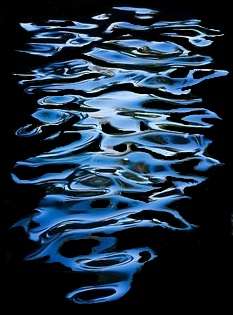
| Author Notes |
Ocean personification
Gogyohka is a five-line Japanese poetic form with no strict rules on syllable count but as brief as possible. You may use any theme. Lines are grammatically connected. Alliteration, personification, and metaphor are okay. It usually doesn't rhyme, but natural not forced rhymes are okay. Japanese poets have written gogyohka since the 1910s. However, they did not name the form until 1983 by poet Enta Kusakabe. source = writers digest source=wikipedia Thank you for reading and reviewing my poem. Gypsy Pictures from my Pinterest account. Poem and presentation by Gypsy Blue Rose COPYWRITE@2024 |
![]()
By Gypsy Blue Rose
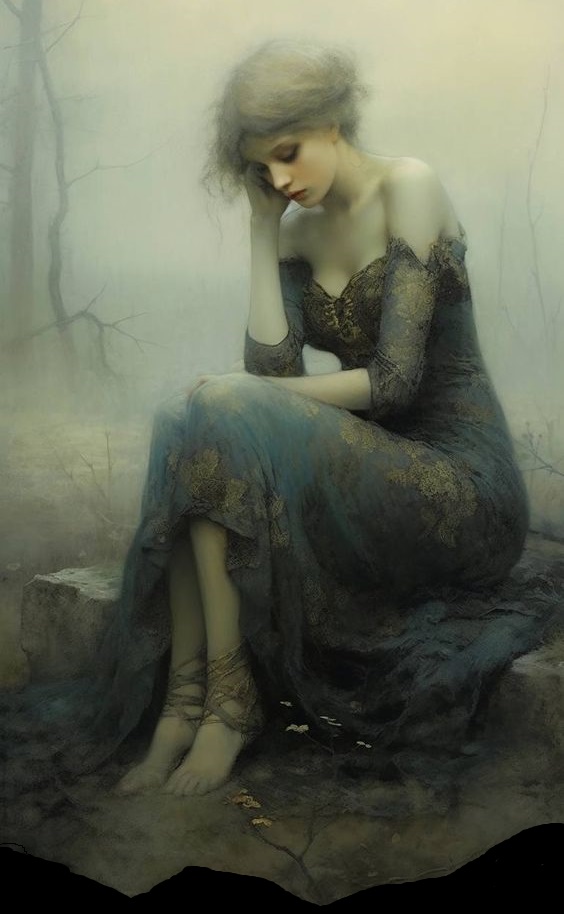

| Author Notes |
requiem = is a solemn chant for the dead
this week, we are learning how to write a Jisei Haiku. If you want to join the club, click on the link below and find the Haiku Club. All people are welcome. JISEI HAIKU (death poem) is a genre of Japanese poetry that offers a reflection on death coupled with a meaningful observation on life. It originated in Zen Buddhism The poem's structure can be written in haiku form 5/7/5 syllables OR LESS, or tanka form 5/7/5/7/7 syllables OR LESS. Death poems are typically graceful, natural, and emotionally neutral. Death is described as the imminent death of the poet OR metaphorically references such as sunsets, twilight, autumn, barren fields, falling leaves, bared trees, etc ... to suggest the transience of life. to see source click here Thank you for reading and reviewing my poem. Gypsy Pictures from my Pinterest account. Poem and presentation by Gypsy Blue Rose COPYWRITE@2024 |
![]()
By Gypsy Blue Rose
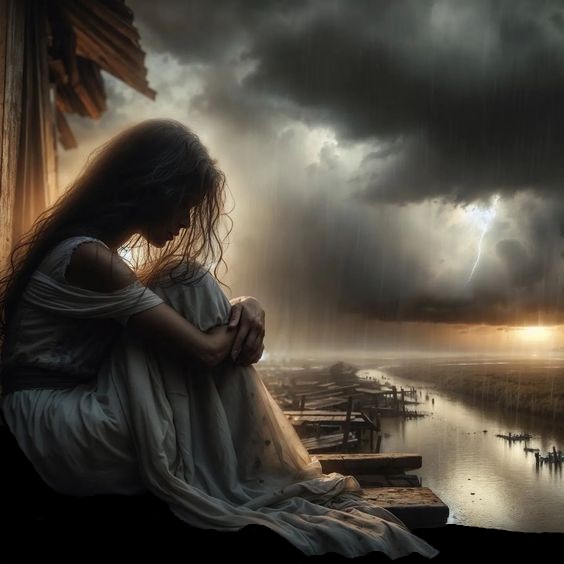

| Author Notes |
When any type of artist is depressed, her or his creative process is blocked. It's hard to do anything that usually brings joy. I took a break from FanStory for two years due to depression. If you, or anyone you know, is suffering from depression free 24/7 help is available. The Suicide & Crisis Lifeline 988.
Mondo is a short Japanese poetic form that consists of two stanzas. The first one is a question, and the second stanza is the answer. The length varies from one line haiku to a 5/7/7 katauta. If you would like to join the Japanese Poetry Club, click the link below. Everyone is welcome. Thank you for reading and reviewing my poem. Gypsy |
![]()
By Gypsy Blue Rose

| Author Note: | a little sarcastic humor |
the old priest tried to nap
but a fly taunted him with a buzz
so he zapped it
with his rolled-up sermon draft—
the fly didn’t see the light

| Author Notes |
Gogyohka is a five-line Japanese poetic form with no strict rules on syllable count but as brief as possible. You may use any theme. Lines are grammatically connected. Alliteration, personification, and metaphor are okay. It usually doesn't rhyme, but natural not forced rhymes are okay. Japanese poets have written gogyohka since the 1910s. However, they did not name the form until 1983 by poet Enta Kusakabe.
source = writers digest source=wikipedia Thank you for reading and reviewing my poem. Gypsy Pictures from Google public domain and my Pinterest account. Poem and presentation by Gypsy Blue Rose COPYWRITE@2024 |
![]()
By Gypsy Blue Rose

| Author Note: | please check author notes for use of the word ''manias'' in this poem |

| Author Notes |
OVER THE EDGE is an idiom: a mental or emotional state that makes someone completely lose control; literally, it's falling over the edge of something.
I don't mean any disrespect to people with mental disease, Calling people maniacs is insensitive and hurtful. I use the word for poetic purposes. The word 'maniacs' is politically incorrect. Now we say, people living with ... Schizophrenia, depression, mania, split personality, anxiety, etc .... because people are more than their illnesses. If you meet someone with diabetes or cancer, you don't say, I am diabetes, or I am cancer. I live with bipolar disorder and I know the enigma related to mental disabilities in our country. With medication, we can live a normal life and we deserve respectful treatment. Gogyohka is a five-line Japanese poetic form with no strict rules on syllable count but as brief as possible. You may use any theme. Lines are grammatically connected. Alliteration, personification, and metaphor are okay. It usually doesn't rhyme, but natural not forced rhymes are okay. Japanese poets have written gogyohka since the 1910s. However, they did not name the form until 1983 by poet Enta Kusakabe. source = writers digest source=wikipedia Thank you for reading and reviewing my poem. Gypsy Pictures from my Pinterest account. Poem and presentation by Gypsy Blue Rose COPYWRITE@2024 |
![]()
By Gypsy Blue Rose
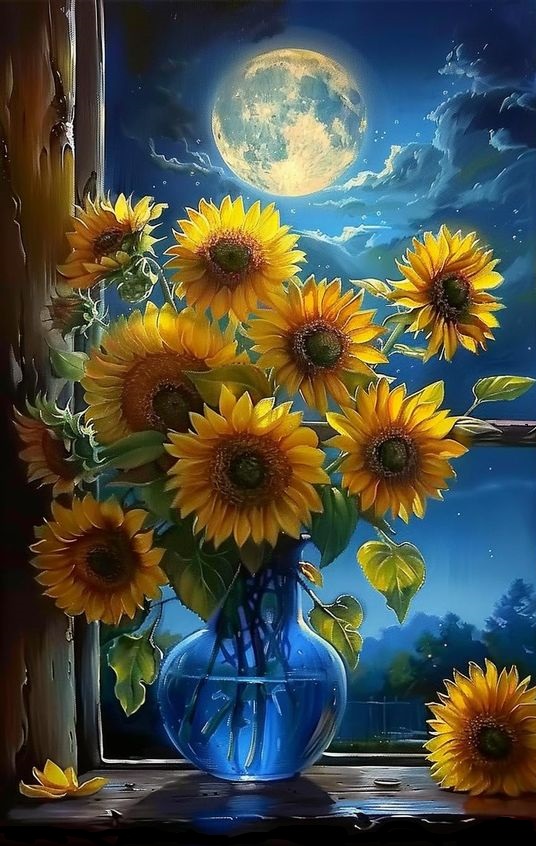

| Author Notes |
Gogyohka is a five-line Japanese poetic form with no strict rules on syllable count but as brief as possible. You may use any theme. Lines are grammatically connected. Alliteration, personification, and metaphor are okay. It usually doesn't rhyme, but natural not forced rhymes are okay. Japanese poets have written gogyohka since the 1910s. However, they did not name the form until 1983 by poet Enta Kusakabe.
source = writers digest source=wikipedia Thank you for reading and reviewing my poem. Gypsy Pictures from my Pinterest account. Poem and presentation by Gypsy Blue Rose COPYWRITE@2024 |
![]()
By Gypsy Blue Rose







| Author Notes |
Crevasse = deep cleft; narrow split or crack; crevices exist mostly in rocks and cliffs,
RYOKAN FREE VERSE is a Japanese form created by Zen Buddhist, Taigu Ryokan in 1785. He used themes of everyday life. The classic Ryokan Poem speaks directly to the reader's heart conveying a profound sense of enlightenment, serenity, and compassion. You may use poetic devices. For this modified Ryokan free verse I use humor. Thank you for reading and reviewing my poem. Gypsy Pictures from my Pinterest account. Poem and presentation by Gypsy Blue Rose COPYWRITE@2024 |
![]()
By Gypsy Blue Rose

forget perfect love
if yours left you with a broken heart
don’t you fear – don’t you cry—
through the cracks will enter
God’s light

| Author Notes |
Gogyohka is a five-line Japanese poetic form with no strict rules on syllable count but as brief as possible. You may use any theme. Lines are grammatically connected. Alliteration, personification, and metaphor are okay. It usually doesn't rhyme, but natural not forced rhymes are okay. Japanese poets have written gogyohka since the 1910s. However, they did not name the form until 1983 by poet Enta Kusakabe.
source = writers digest source=wikipedia Thank you very much for your time and kind review. Gypsy Pictures from my Pinterest account. Poem and Presentation created by Gypsy Blue Rose@copyright2024 |
![]()
By Gypsy Blue Rose

I see you wake up
at the break of dawn
as tangerine shades
cover your face
with a gentle touch
I lie close to you
embraced in your scent
of ocean breeze
and sandalwood
with mist of dripping dew
a string of wild horses
gallop on the meadow
and a charm of finches
chirp and chatter
on the bough
I kiss you and smile
entangled in memories
of our loving
throughout the night
too tired to get up

| Author Notes |
a 'string of wild horses' and a 'charm of finches' are the collective names
Gogyohka is a five-line Japanese poetic form with no strict rules on syllable count but as brief as possible. You may use any theme. Lines are grammatically connected. Alliteration, personification, and metaphor are okay. It usually doesn't rhyme, but natural not forced rhymes are okay. Japanese poets have written gogyohka since the 1910s. However, they did not name the form until 1983 by poet Enta Kusakabe. source = writers digest source=wikipedia Thank you for reading and reviewing my poem. Gypsy Pictures from my Pinterest account. Poem and presentation by Gypsy Blue Rose COPYWRITE@2024 |
![]()
By Gypsy Blue Rose
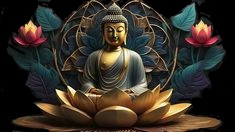
see the sun in me
shining over the land and sea
as we jump into the river of life
and we breathe in the scent
of flowers and soil after the rain

| Author Notes |
Haiku, and other Japanese poetry, originated in Zen philosophy. A Zen concept is 'interbeing' - everything in nature and human beings are connected, thus 'the sun in me'.
Inspired by Buddhist Monk, Thich Nhat Hanh's poetry Gogyohka is a five-line Japanese poetic form with no strict rules on syllable count but as brief as possible. You may use any theme. Lines are grammatically connected. Alliteration, personification, and metaphor are okay. It usually doesn't rhyme, but natural not forced rhymes are okay. Japanese poets have written gogyohka since the 1910s. However, they did not name the form until 1983 by poet Enta Kusakabe. source = writers digest source=wikipedia Thank you for reading and reviewing my poem. Gypsy Pictures from my Pinterest account. Poem and presentation created by Gypsy Blue Rose. I get a lot of questions about my presentations asking if i use a templet, I don't. I do all the artt work. COPYWRITE@2024 |
![]()
By Gypsy Blue Rose
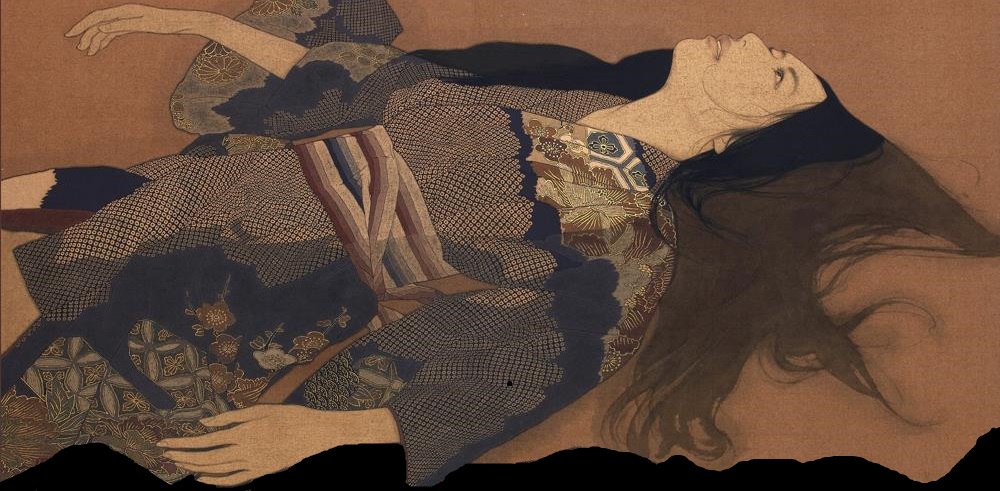
My beloved,
you are my life and death
my beginning and my end
I'm waiting for your letter
in vain
your withered flowers
are a mocking remembrance
of our forgotten love
crumbling between my fingers
hopeless
I cut my veins
in tepid water
facing the end alone
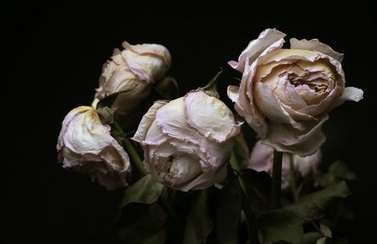
| Author Notes |
Fiction Free Verse
988 Suicide Life Line Thank you very much for your time and kind review. Gypsy Painting by Ikenaga Yasunari. I don't use a presentation template, the complete presentation and poem created by Gypsy Blue Rose COPYRIGHT@2024 |
![]()
By Gypsy Blue Rose


| Author Notes |
Gogyohka is a five-line Japanese poetic form with no strict rules on syllable count but as brief as possible. You may use any theme. Lines are grammatically connected. Alliteration, personification, and metaphor are okay. It usually doesn't rhyme, but natural not forced rhymes are okay. Japanese poets have written gogyohka since the 1910s. However, they did not name the form until 1983 by poet Enta Kusakabe.
source = writers digest source=wikipedia Thank you for reading and reviewing my poem. Gypsy Pictures from my Pinterest account. I don't use a presentation template, the complete presentation and poem created by Gypsy Blue Rose COPYRIGHT@2024 |
![]()
By Gypsy Blue Rose
.jpg)

with firm aim
the shot catches his prey
as her heart pounds in its chest
the wounded doe meets her fate—
scarlet trail to its end

| Author Notes |
Gogyohka is a five-line Japanese poetic form with no strict rules on syllable count but as brief as possible. You may use any theme. Lines are grammatically connected. Alliteration, personification, and metaphor are okay. It usually doesn't rhyme, but natural not forced rhymes are okay. Japanese poets have written gogyohka since the 1910s. However, they did not name the form until 1983 by poet Enta Kusakabe.
source = writers digest source=wikipedia Thank you for reading and reviewing my poem. Gypsy Pictures from my Pinterest account. I don't use a presentation template, the complete presentation and poem created by Gypsy Blue Rose COPYRIGHT@2024 |
![]()
By Gypsy Blue Rose
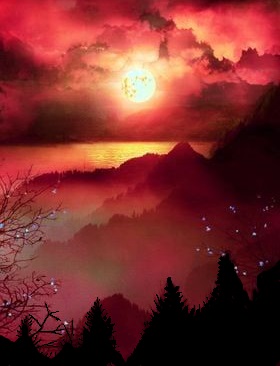
harvest moon
melts into the sea—
at the shore
a wounded bird's heart beats
at the beat of ebbs at eventide
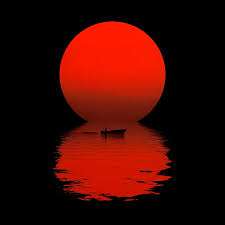
| Author Notes |
Gogyohka is a five-line Japanese poetic form with no strict rules on syllable count but as brief as possible. You may use any theme. Lines are grammatically connected. Alliteration, personification, and metaphor are okay. It usually doesn't rhyme, but natural not forced rhymes are okay. Japanese poets have written gogyohka since the 1910s. However, they did not name the form until 1983 by poet Enta Kusakabe.
source = writers digest source=wikipedia Thank you for reading and reviewing my poem. Gypsy Pictures from my Pinterest account. I don't use a presentation template, the complete presentation and poem created by Gypsy Blue Rose COPYRIGHT@2024 |
![]()
By Gypsy Blue Rose
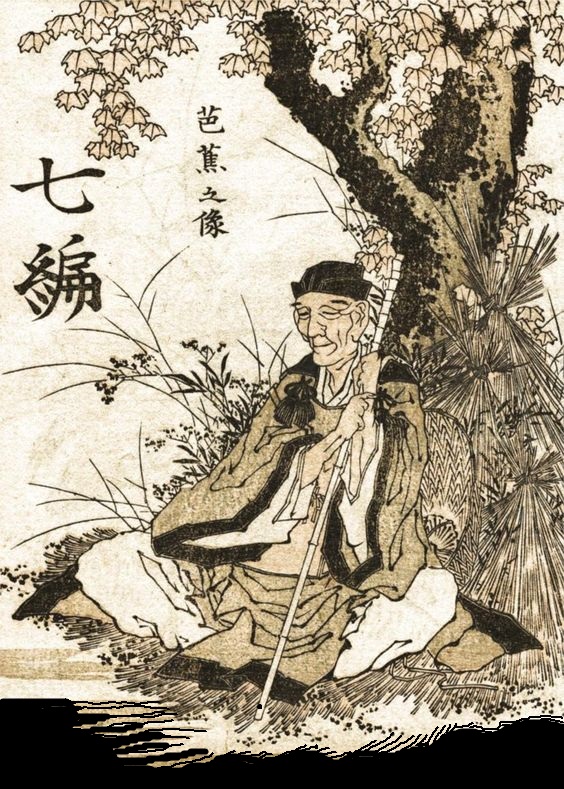
on a long journey
he takes a morning break
to watch the wet grass blades—
in each dew drop
a sunrise

| Author Notes |
This poem is about Matsuo Basho (1644 – 1694); is the most famous Japanese poet. Basho is recognized as the greatest haiku master. He’s well-known around the world.
Gogyohka is a five-line Japanese poetic form with no strict rules on syllable count but as brief as possible. You may use any theme. Lines are grammatically connected. Alliteration, personification, and metaphor are okay. It usually doesn't rhyme, but natural not forced rhymes are okay. Japanese poets have written gogyohka since the 1910s. However, they did not name the form until 1983 by poet Enta Kusakabe. source = writers digest source=wikipedia Thank you for reading and reviewing my poem. Gypsy The picture is Matsuo Basho, painted by Katsushika Hokusai Pictures from my Pinterest account. I don't use a presentation template, the complete presentation and poem created by Gypsy Blue Rose COPYRIGHT@2024 |
![]()
By Gypsy Blue Rose

blue people
hate green folks
but their children speak
the same language
of laughter and love

| Author Notes |
Gogyohka is a five-line Japanese poetic form with no strict rules on syllable count but as brief as possible. You may use any theme. Lines are grammatically connected. Alliteration, personification, and metaphor are okay. It usually doesn't rhyme, but natural not forced rhymes are okay. Japanese poets have written gogyohka since the 1910s. However, they did not name the form until 1983 by poet Enta Kusakabe.
source = writers digest source=wikipedia Thank you for reading and reviewing my poem. Gypsy Pictures from my Pinterest account. I don't use a presentation template, the complete presentation and poem created by Gypsy Blue Rose COPYRIGHT@2024 |
![]()
By Gypsy Blue Rose

mom tells chubby son
“you need to exercise!”
he runs with dinner's rice

| Author Notes |
SENRYU is a Japanese short unrhymed poem that uses imagistic language to express the essence of a deeply felt moment in time. Unlike Haiku, senryu is about human nature and doesn't need a season word. It's written in 17 syllables OR LESS and three lines. For Senryu you don't need a season word (Kigo).
the haiku foundation senryu rules Thank you for reading and reviewing my poem. Gypsy Pictures from my Pinterest account. I don't use a presentation template, the complete presentation and poem created by Gypsy Blue Rose COPYRIGHT@2024 |
![]()
By Gypsy Blue Rose
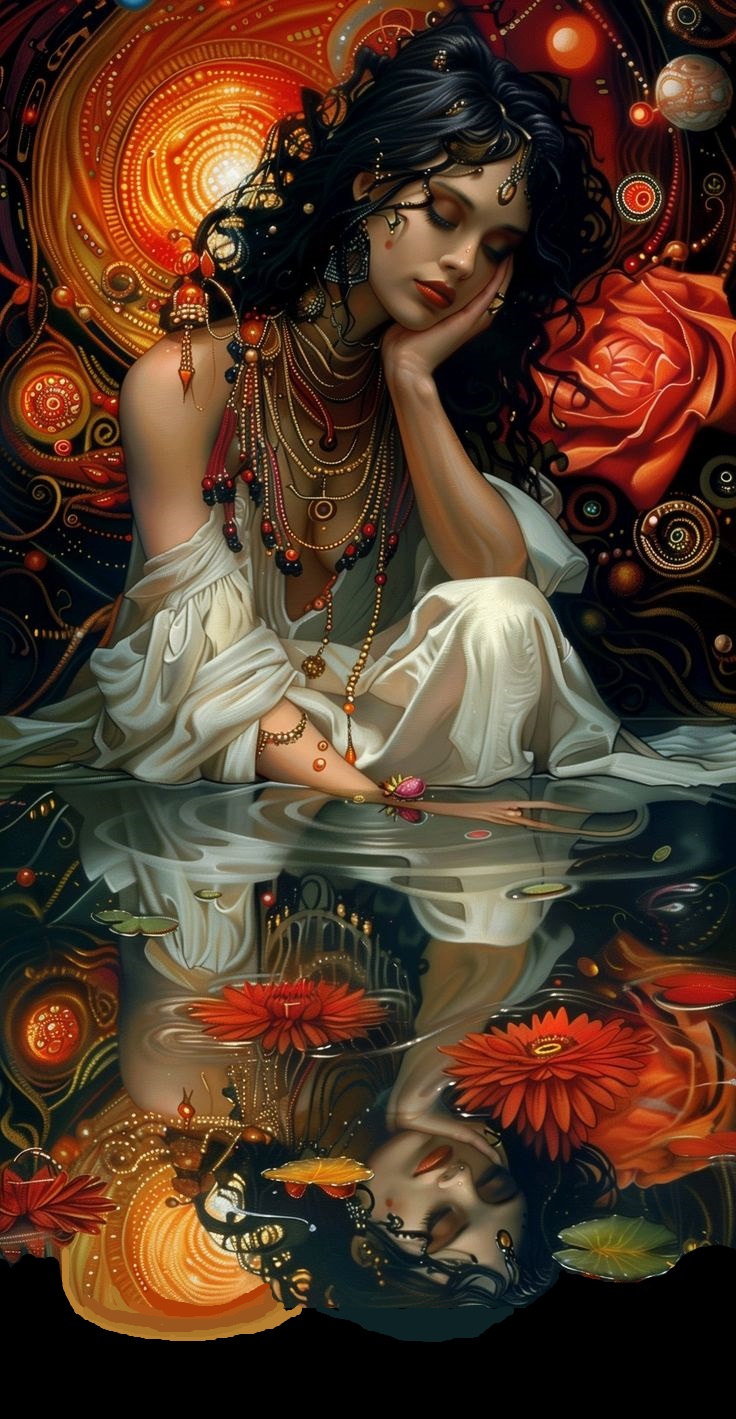
what treasures
do I share with my children?
summer sunsets by the beach,
fall harvest moon, winter snow,
and spring cherry blossoms

and when I die,
what will I leave to my children?
flowers in spring, fruit in summer,
crimson and gold leaves in autumn,
and pine trees in winter

| Author Notes |
Zen: a Japanese school of Buddhism emphasizing the value of meditation, calm, peace, and intuition
Gogyohka is a five-line Japanese poetic form with no strict rules on syllable count but as brief as possible. You may use any theme. Lines are grammatically connected. Alliteration, personification, and metaphor are okay. It usually doesn't rhyme, but natural not forced rhymes are okay. Japanese poets have written gogyohka since the 1910s. However, they did not name the form until 1983 by poet Enta Kusakabe. source = writers digest source=wikipedia Thank you for reading and reviewing my poem. Gypsy Pictures from my Pinterest account. I don't use a presentation template, the complete presentation and poem created by Gypsy Blue Rose COPYRIGHT@2024 |
![]()
By Gypsy Blue Rose
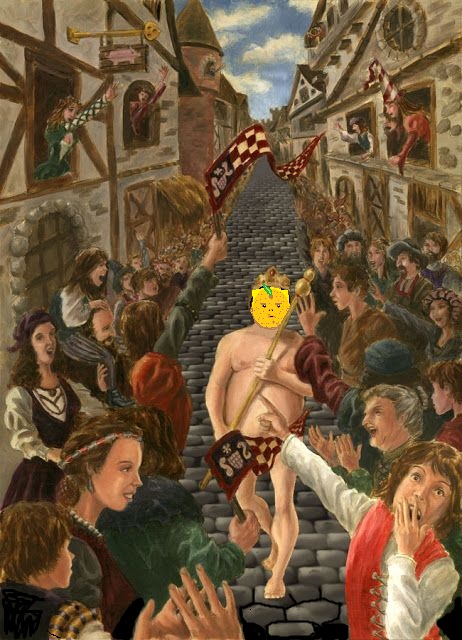

Obsessed with crowd sizes and complete control, he surrounds himself with tush-kisser sycophants as our Nation is ready to move forward because we are not going back.
Kim Jong Un and Putin's
love letters are kept between the pages—
of the Art of the Deal

| Author Notes |
sycophant= self-seeking flatterer
The Emperor's New Clothes is a book about an emperor who has an obsession with fancy new clothes, and spends lavishly on them, at the expense of state matters. One day, two con-men visit the emperor's capital. Posing as weavers, they offer to supply him with magnificent clothes that are invisible to those who are incredulous. The gullible emperor hires them, and they set up looms and pretend to go to work. A succession of officials, starting with the emperor's wise and competent minister and ending with the emperor himself, visit them to check their progress. Each sees that the looms are empty but pretends otherwise to avoid being thought a fool. Finally, the weavers report that the emperor's suit is finished. They mime-dress him and he sets off in a procession before the whole city. The townsfolk uncomfortably go along with the pretense, not wanting to appear inept or stupid, until a child blurts out that the emperor is wearing nothing at all. The people then realize that everyone has been fooled. Although startled, the emperor continues the procession, walking more proudly than ever. HAIBUN is a Japanese poetic form that combines haiku with prose. It's in present or past tense. The subject matter can be autobiographical, a travel journal, a slice of life, a memory, a dream, or a short sketch of a person, place, or event. Topics can be about life, love affairs, human concerns, and experiences. The point of view is first person (the author's eyes), or third person (he/she). Use imagery, sensory, and concrete details. Length varies from very brief (1-2 sentences) with one haiku, to long prose entries with interspersed haiku. The prose tells the story, gives information, defines the theme, creates a mood through tone, and provides a background to spotlight the haiku. The haiku moves the story forward, takes the narrative in another direction, adds insight or another dimension to the prose, resolves the conflict in an unpredictable way, or questions the resolution of the prose. Prose is the narrative and haiku is the revelation or the reaction. guidelines for writing haibun for Haibun examples click here for more information click here Thank you very much for reading and reviewing my poem, Gypsy Pictures from my Pinterest account. I don't use a presentation template, the complete presentation and poem created by Gypsy Blue Rose COPYRIGHT@2024 |
![]()
By Gypsy Blue Rose

| Author Note: | Dedicated to the victims and families of the Apalachee High School mass shooting |


| Author Notes |
I dedicate this poem to the victims and families of Georgia's Apalachee High School mass shooting on September 4, 2024. The shooter was 14 years old and his dad got him the AR-15 assault rifle for Christmas.
I can relate to school shootings at a personal level. In 1989, my son was at his school playground when a shooter killed 6 small children and injured many more. The shooter used an AR-15 assault riffle. My son watched his friend get shot right next to him. He suffered from PTSD (Post Traumatic Stress Disorder) and had therapy for a year. I have nothing against gun owners or using guns for sport and self-defense, but I don't think civilians should have rapid-fire assault rifles, such as AR-15, for personal use. An AR-15 is a lightweight semi-automatic assault rifle that shoots 60 rounds per minute. It's a military weapon of war. Civilians don't need to shoot 60 rounds per minute. the gun zone Beginning in the 2010s, AR-15 style rifles became one of the "most beloved and most vilified rifles" in the United States, according to The New York Times; the rifles have gained infamy due to their use in high-profile mass shootings. Promoted as "America's rifle" by the National Rifle Association of America. wikipedia From the 2000 to 2022 school years, there were 1,375 school shootings at public and private elementary and secondary schools, resulting in 515 deaths and 1,161 injuries. usa facts by government data on school shootings Thank you for reading and reviewing my poem. Gypsy Pictures from my Pinterest account. The complete presentation and poem created by Gypsy Blue Rose COPYRIGHT@2024 |
![]()
By Gypsy Blue Rose

| Author Note: | Everyone is Welcome to Join the Japanese Poetry Club |
Gazing at crystal stars
and waving bare boughs
we bask in the crisp Fall breeze.
Doves perch on our windowsill
singing with a joyful trill.
I revel in your embrace
as I feel your warm caress
you set my heart aflame.

| Author Notes |
Kanshi is a Japanese Poetic form that originated during the Tang dynasty in China. You may write one or more stanzas. Kanshi had multiple forms, rhymed or free verse but most notable were in 5 to 7 syllables in 4 to 8 lines.
Thank you very much for reading and reviewing my poem, Gypsy Pictures from my Pinterest account. The complete presentation and poem created by Gypsy Blue Rose COPYRIGHT@2024 |
![]()
By Gypsy Blue Rose
_Carrier_Strike_Group_formation_sails_in_the_Atlantic_Ocean.jpg)

the thin veil between –
day and night
moon and sun
land and sea
wrong and right
I know you must go
the cards never lie
but know the truth –
if you go
I will lose my mind
today you left at dawn
on the USS Alexandria
it’s out of my control
you say it must be done
you must go off to war
it has been a year
and today three marines
came knocking at our door
I fell to my knees and prayed
for my husband’s soul
there’s a thin veil
between disrespect and honor
as we stand a few graves
from Donald Trump’s photo op
smiling with thumps up




| Author Notes |
The bottom picture shows Trump with a few Maga supporters. The photo clearly shows the tomb of Green Beret, Darin Taylor Hoover. His widow, Sgt. Nicole Gee did not give permission to have her husband's tomb included in the trump's photo op and she is furious and disgusted about it.
Donald Trump's outrageous political photo-op visit to Arlington National Cemetery on Aug. 26, 2024, is a disgrace and disrespect that has created furor among it's disrespectful to our veteran heroes of war and their families. And against . Army officials said one of their employees was abruptly pushed aside, by Trump campaign officials when she asked them to stop. Trump's campaign photos show Trump grinning widely and giving a thumbs-up gesture while standing behind the grave of an American serviceman killed during the 2021 U.S. evacuation from Afghanistan against the widow's permission. Visible in those images, too, are the graves of two U.S. Army Green Berets. Gogyohka is a five-line Japanese poetic form with no strict rules on syllable count but as brief as possible. You may use any theme. Lines are grammatically connected. Alliteration, personification, and metaphor are okay. It usually doesn't rhyme, but natural not forced rhymes are okay. Japanese poets have written gogyohka since the 1910s. However, they did not name the form until 1983 by poet Enta Kusakabe. source = writers digest source=wikipedia Thank you for reading and reviewing my poem. Gypsy Pictures from my Pinterest account. I don't use a presentation template, the complete presentation and poem created by Gypsy Blue Rose COPYRIGHT@2024 USS Alexandria, (united states ship) list of usa warships |
![]()
By Gypsy Blue Rose
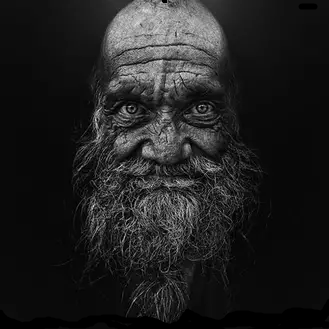
| Author Note: | Dedicated to homeless people |
Unhoused poet
forced to walk on scorching ground,
is covered with sweat and grime
as wealthy people in air-conditioned cars
pass him by avoiding eye contact.

His useless “work for food ” sign
hangs low
heavy with hunger and shame.
The homeless man’s only possessions
a bag full of crumbs and poems

| Author Notes |
We are experiencing extreme heat in Los Angeles, California. We have an air-conditioner at home so we are okay as long as we stay inside. I have been thinking about homeless people and how difficult it must be to live outside.
Gogyohka is a five-line Japanese poetic form with no strict rules on syllable count but as brief as possible. You may use any theme. Lines are grammatically connected. Alliteration, personification, and metaphor are okay. It usually doesn't rhyme, but natural not forced rhymes are okay. Japanese poets have written gogyohka since the 1910s. However, they did not name the form until 1983 by poet Enta Kusakabe. source = writers digest source=wikipedia Thank you for reading and reviewing my poem. Gypsy Pictures from my Pinterest account. I don't use a presentation template, the complete presentation and poem created by Gypsy Blue Rose COPYRIGHT@2024 |
![]()
By Gypsy Blue Rose

~x~
~x~
~x~
Two hundred years since the poet wrote The Raven,
it continues tapping and rapping on his door.
The incessant nuisance drove him completely mad
and Poe lives-on in The Raven, forevermore.
~x~
~x~
~x~

| Author Notes |
*If you would like to join the Japanese Poetry Club, please click here and look for the haiku club* RESERVE A SPOT /SUBMIT YOUR ENTRY
The Raven Once upon a midnight dreary, while I pondered, weak and weary, Over many a quaint and curious volume of forgotten lore While I nodded, nearly napping, suddenly there came a tapping, As of some one gently rapping, rapping at my chamber door. Tis some visiter, Only this and nothing more." - Edgar Allan Poe to read the Raven IMAYO is a 4-line Japanese poem that has 12 syllables in each line. The imayo poem was originally written to be sung, but with contemporary imayo is optional. Also, poets have free range on subject matter. Feel free to use any poetic devices. Write one stanza or more. FORM = 4 lines at 12 syllables in each line 12/12/12/12. more information wikipedia Thank you very much for reading and reviewing my poem, Gypsy Pictures from my Pinterest account. The complete presentation and poem created by Gypsy Blue Rose COPYRIGHT@2024 |
![]()
By Gypsy Blue Rose
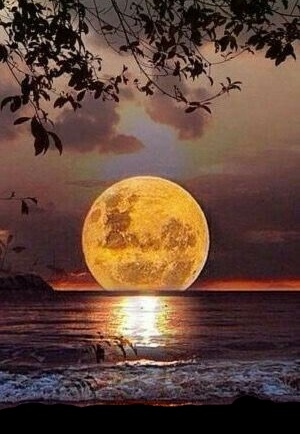
sun dips into the cerulean sea
midst dolphins
and moody blue waves —
summer sunset

| Author Notes |
Naani poem has 4 lines. The total number of syllables in the poem are between 20 to 25. While the poem does not have to be about a particular subject it is often about human relations or current statements. poetry dances poem rules
Thank you very much for your time and kind review. Gypsy Pictures from my Pinterest account. The complete presentation and poem created by Gypsy Blue Rose COPYRIGHT@2024 |
![]()
By Gypsy Blue Rose

| Author Note: | in honor of the innocent victims of war |
wars come and go
among world countries
where soldiers and civilians die,
by the hands of dictators and terrorists
who disregard innocent lives

| Author Notes |
"collateral damage" is dehumanizing of innocent non-combatants killed or injured during combat, used to reduce the perceived culpability of military leadership in failing to prevent non-combatant casualties
Gogyohka is a five-line Japanese poetic form with no strict rules on syllable count but as brief as possible. You may use any theme. Lines are grammatically connected. Alliteration, personification, and metaphor are okay. It usually doesn't rhyme, but natural not forced rhymes are okay. Japanese poets have written gogyohka since the 1910s. However, they did not name the form until 1983 by poet Enta Kusakabe. source = writers digest source=wikipedia Thank you for reading and reviewing my poem. Gypsy Pictures from my Pinterest account. I don't use a presentation template, the complete presentation and poem created by Gypsy Blue Rose COPYRIGHT@2024 |
![]()
By Gypsy Blue Rose
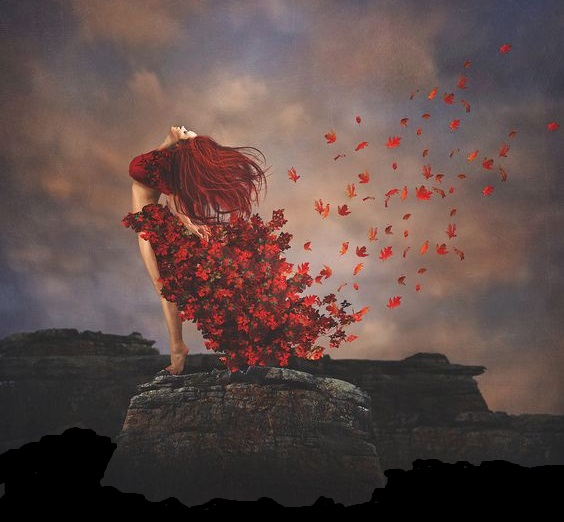
Fall is coming —
whispering between bared trees
as crimson leaves
rustle and whoosh
carried by the wind of change

| Author Notes |
"Take me to the magic of the moment
on a glorious night where children of tomorrow dream in the wind of change" - 'the Wind of Change' song by the Scorpions Gogyohka is a five-line Japanese poetic form with no strict rules on syllable count but as brief as possible. You may use any theme. Lines are grammatically connected. Alliteration, personification, and metaphor are okay. It usually doesn't rhyme, but natural not forced rhymes are okay. Japanese poets have written gogyohka since the 1910s. However, they did not name the form until 1983 by poet Enta Kusakabe. source = writers digest source=wikipedia Thank you for reading and reviewing my poem. Gypsy Top photo by Kristen KML on flickr. Pictures from my Pinterest account. The complete presentation and poem created by Gypsy Blue Rose COPYRIGHT@2024 |
![]()
By Gypsy Blue Rose

| Author Note: | Japanese Mythology |
bask in sunshine’s warmth
lying on green pastures
sprinkled with cobalt blue flowers
where Ama reigns with love and care
of all sacred life below the summer sky
Ama moves in mysterious ways
with stars tangled in her hair
wearing a gown of celestial lace
don’t make her wait
the Queen of the Rising Sun

| Author Notes |
Amaterasu (Ama) is a Japanese goddess known by many titles: Goddess of the Rising Sun, Queen and ruler of the Universe, Queen of Heaven and Creation. She is the center of Japanese spiritual life.
Ama’s primary role is to illuminate all things, but also nourishes all living creatures and marks the orderly movement of day into night. The sun represents order and purity, two of Shinto’s most important concepts. All things in creation are ordered, from Ama down to the denizens of hells. This order is reflected in Japanese society as well. Gogyohka is a five-line Japanese poetic form with no strict rules on syllable count but as brief as possible. You may use any theme. Lines are grammatically connected. Alliteration, personification, and metaphor are okay. It usually doesn't rhyme, but natural not forced rhymes are okay. Japanese poets have written gogyohka since the 1910s. However, they did not name the form until 1983 by poet Enta Kusakabe. source = writers digest source=wikipedia Thank you for reading and reviewing my poem. Gypsy Pictures from my Pinterest account. The complete presentation and poem created by Gypsy Blue Rose COPYRIGHT@2024 |
![]()
By Gypsy Blue Rose
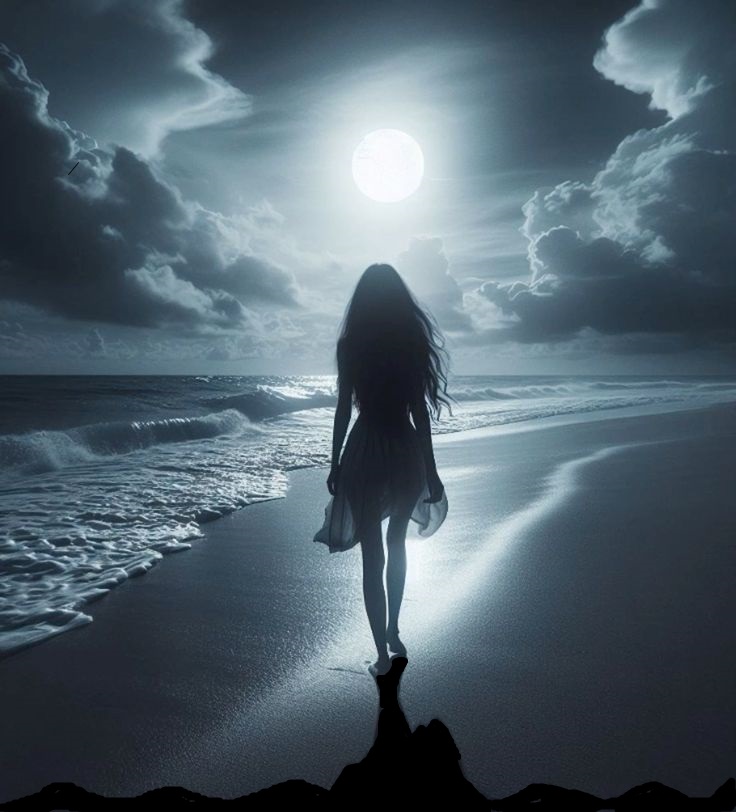
dawn is breaking,
I wonder if you see it too
I like to think
it’s the same sun
for me and you
our hearts are woven
but tonight you’re not mine
because you’re not by my side
the moon is pale
and the stars will not shine

| Author Notes |
Gogyohka is a five-line Japanese poetic form with no strict rules on syllable count but as brief as possible. You may use any theme. Lines are grammatically connected. Alliteration, personification, and metaphor are okay. It usually doesn't rhyme, but it's optional. Japanese poets have written gogyohka since the 1910s. However, they did not name the form until 1983 by poet Enta Kusakabe.
source = writers digest source=wikipedia Thank you for reading and reviewing my poem. Gypsy Pictures from my Pinterest account. The complete presentation and poem created by Gypsy Blue Rose COPYRIGHT@2024 |
![]()
By Gypsy Blue Rose
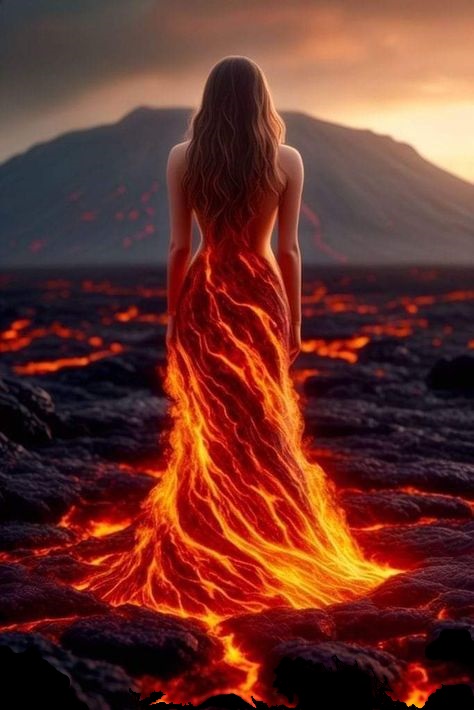
her name is destruction
remember it well
everything in her path burns to a crisp
meeting certain death
beware - she's awake!

| Author Notes |
Personification of volcano and lava.
Gogyohka is a five-line Japanese poetic form with no strict rules on syllable count but as brief as possible. You may use any theme. Lines are grammatically connected. Alliteration, personification, and metaphor are okay. It usually doesn't rhyme, but natural not forced rhymes are okay. Japanese poets have written gogyohka since the 1910s. However, they did not name the form until 1983 by poet Enta Kusakabe. source = writers digest source=wikipedia Thank you for reading and reviewing my poem. Gypsy Pictures from my Pinterest account. The complete presentation and poem created by Gypsy Blue Rose COPYRIGHT@2024 |
![]()
By Gypsy Blue Rose
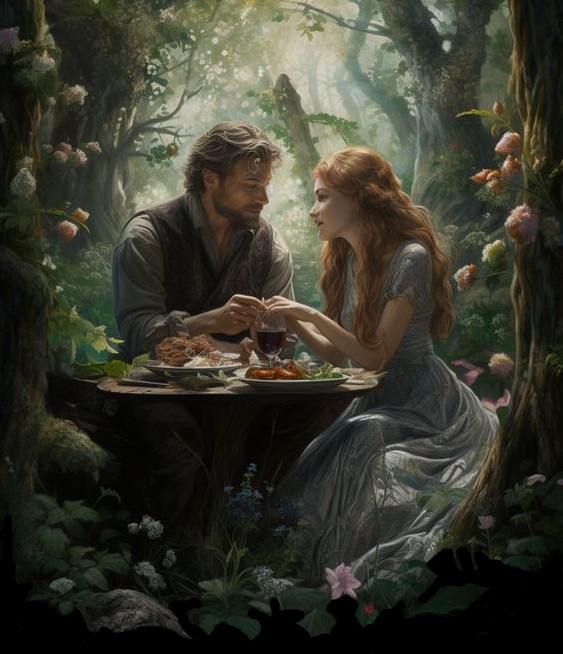
widower’s unattended yard
covered with dead grass
and a dew-covered
weeping willow—
since his wife’s funeral

| Author Notes |
Gogyohka is a five-line Japanese poetic form with no strict rules on syllable count but as brief as possible. You may use any theme. Lines are grammatically connected. Alliteration, personification, and metaphor are okay. It usually doesn't rhyme, but natural not forced rhymes are okay. Japanese poets have written gogyohka since the 1910s. However, they did not name the form until 1983 by poet Enta Kusakabe.
source = writers digest source=wikipedia Thank you for reading and reviewing my poem. Gypsy Pictures from my Pinterest account. The complete presentation and poem created by Gypsy Blue Rose COPYRIGHT@2024 |
![]()
By Gypsy Blue Rose
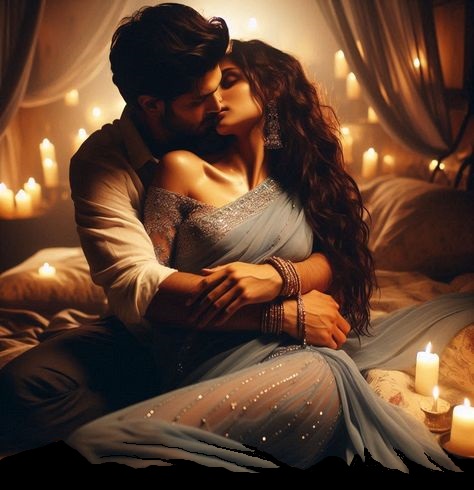
bewitched by an opened rose
memories of last night remain
in my body and soul —
lain beneath you
embraced by your piercing musk scent

| Author Notes |
In the Japanese Poetry Club, we are learning to write Gogyohka poems. Everybody is welcome. click here if you want to check out the club
Gogyohka is a five-line Japanese poetic form with no strict rules on syllable count but as brief as possible. You may use any theme. Lines are grammatically connected. Alliteration, personification, and metaphor are okay. It usually doesn't rhyme, but natural not forced rhymes are okay. Japanese poets have written gogyohka since the 1910s. However, they did not name the form until 1983 by poet Enta Kusakabe. source = writers digest source=wikipedia Thank you for reading and reviewing my poem. Gypsy Pictures from my Pinterest account. The complete presentation and poem created by Gypsy Blue Rose COPYRIGHT@2024 |
![]()
By Gypsy Blue Rose
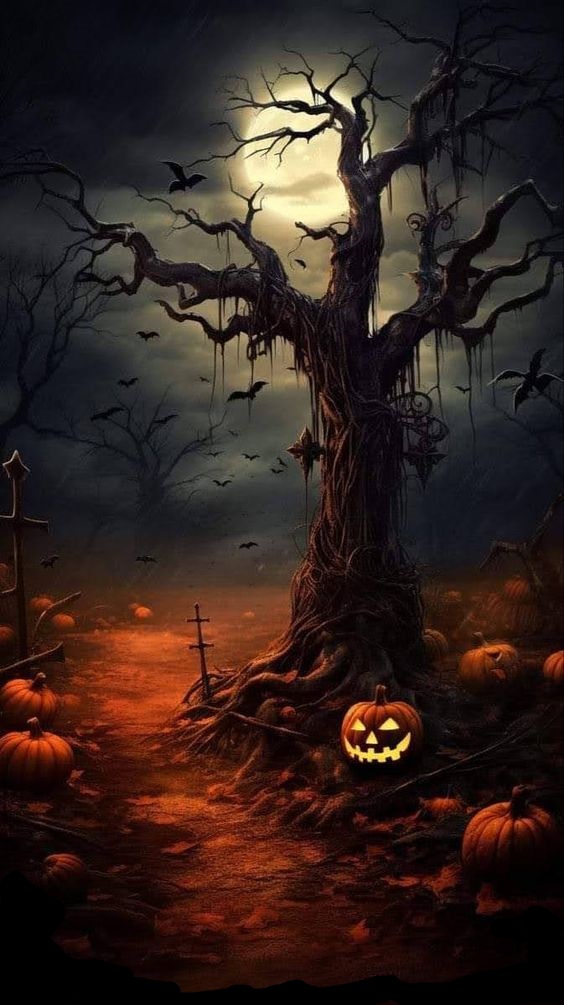
beneath the harvest moon
magic dust falls upon the land
setting halloween witches afire
to spook creepy critters in disguise
and fill their bellies with sweet grass

| Author Notes |
If you would like to check out the Japanese Poetry Club Click Here
Gogyohka is a five-line Japanese poetic form with no strict rules on syllable count but as brief as possible. You may use any theme. Lines are grammatically connected. Alliteration, personification, and metaphor are okay. It usually doesn't rhyme, but natural not forced rhymes are okay. Japanese poets have written gogyohka since the 1910s. However, they did not name the form until 1983 by poet Enta Kusakabe. source = writers digest source=wikipedia Thank you for reading and reviewing my poem. Gypsy Pictures from my Pinterest account. The complete presentation and poem created by Gypsy Blue Rose COPYRIGHT@2024 |
![]()
By Gypsy Blue Rose
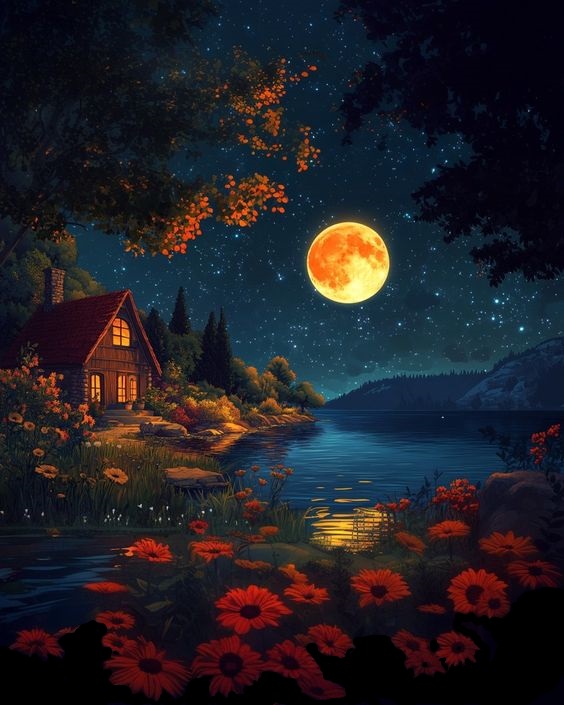

| Author Notes |
SIJO poem is a traditional Korean poetic form related to haiku and tanka. Sijo is comprised of 44-46 syllables. Themes can be romantic, metaphysical, reflection, or spiritual. Originally it was written in four lines but it’s okay to write it in more. The first stanza is the theme; the second is the elaboration; the third stanza is the counter theme; and the fourth is the completion.
Thank you for reading and reviewing my poem. Gypsy Pictures from my Pinterest account. The complete presentation and poem created by Gypsy Blue Rose COPYRIGHT@2024 |
![]()
By Gypsy Blue Rose

“Daughter, your blind date
has waited at the door
long enough.”
“Mom, he’s too funny looking
and I don’t want to die laughing.”
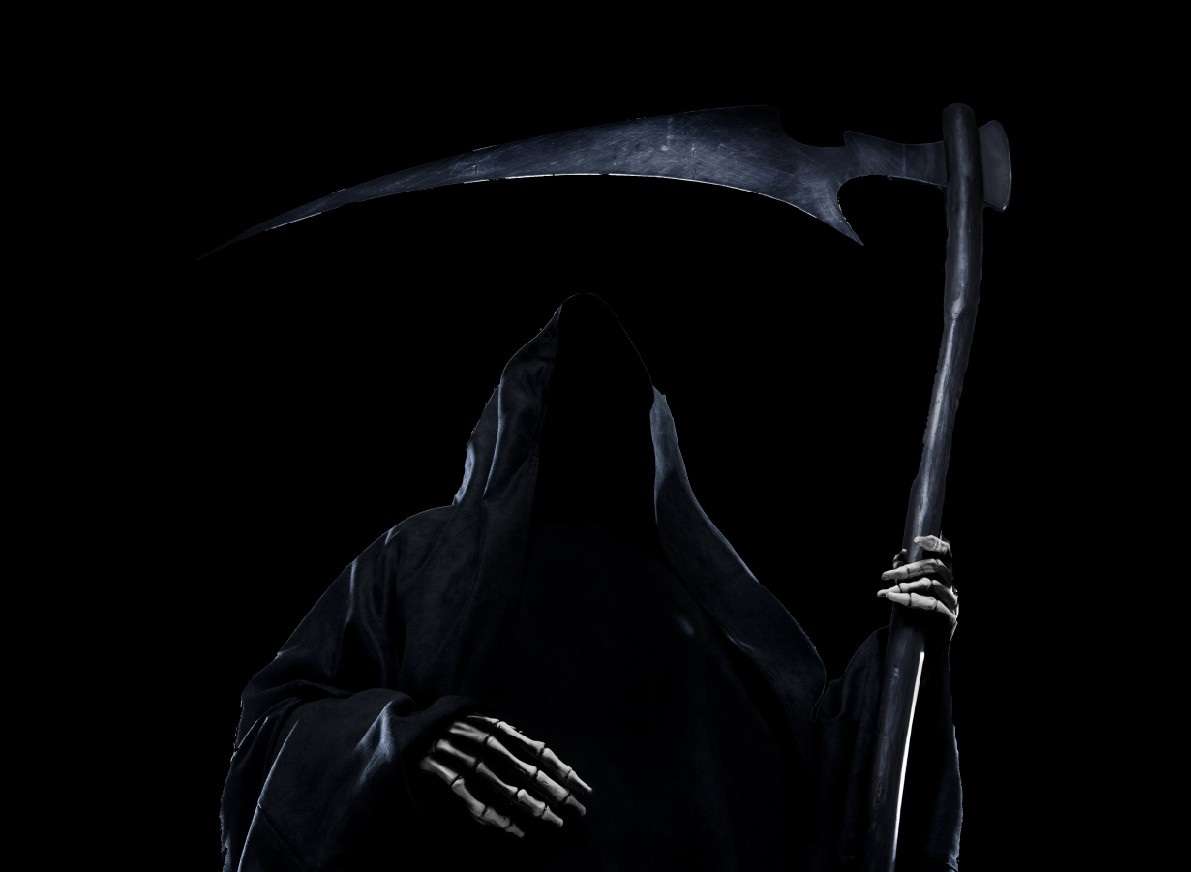
| Author Notes |
Gogyohka is a five-line Japanese poetic form with no strict rules on syllable count but as brief as possible. You may use any theme. Lines are grammatically connected. Alliteration, personification, and metaphor are okay. It usually doesn't rhyme, but natural not forced rhymes are okay. Japanese poets have written gogyohka since the 1910s. However, they did not name the form until 1983 by poet Enta Kusakabe.
source = writers digest source=wikipedia Thank you for reading and reviewing my poem. Gypsy Pictures from my Pinterest account. The complete presentation and poem created by Gypsy Blue Rose COPYRIGHT@2024 |
![]()
By Gypsy Blue Rose
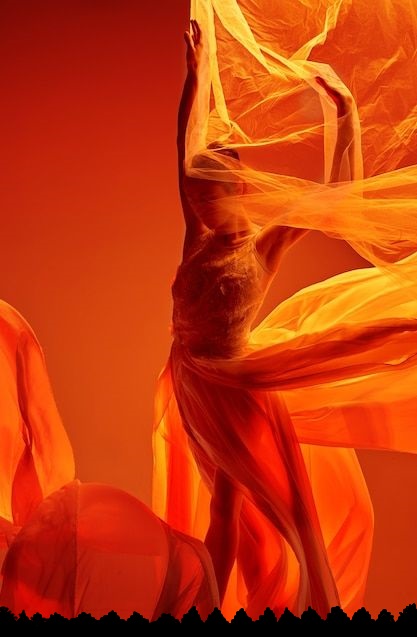
you know
I have a crush on you —
and as I lie
below the fervent sun
I’m burned by your blazing eyes

| Author Notes |
Gogyohka is a five-line Japanese poetic form with no strict rules on syllable count but as brief as possible. You may use any theme. Lines are grammatically connected. Alliteration, personification, and metaphor are okay. It usually doesn't rhyme, but natural not forced rhymes are okay. Japanese poets have written gogyohka since the 1910s. However, they did not name the form until 1983 by poet Enta Kusakabe.
source = writers digest source=wikipedia Thank you for reading and reviewing my poem. Gypsy Pictures from my Pinterest account. The complete presentation and poem created by Gypsy Blue Rose COPYRIGHT@2024 |
![]()
By Gypsy Blue Rose
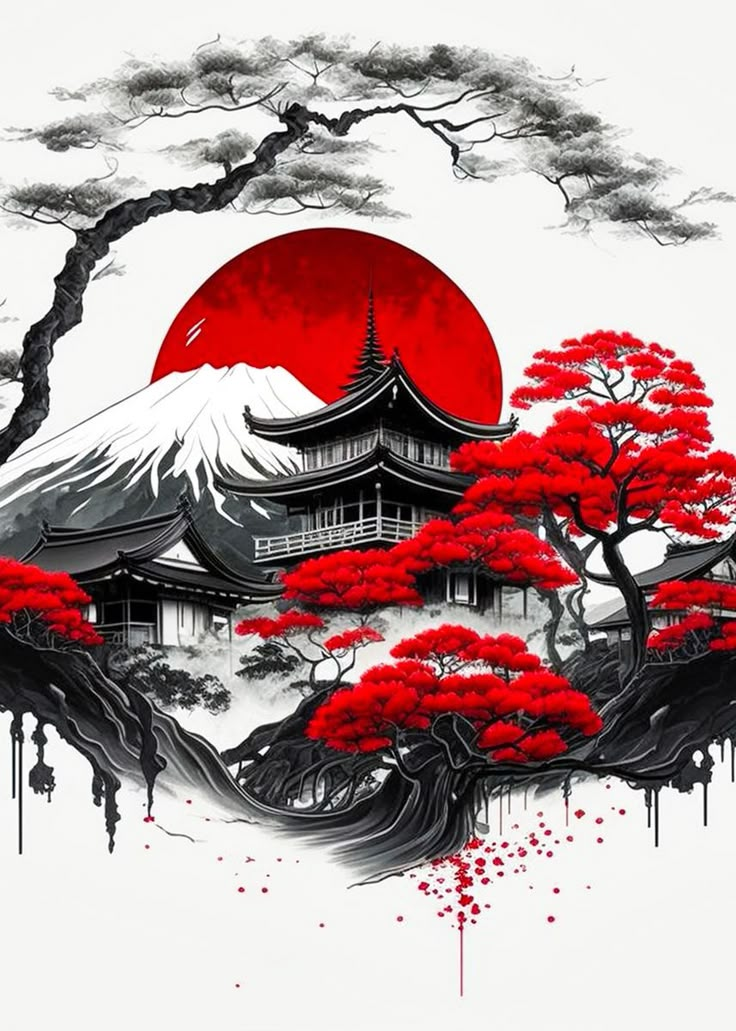
| Author Note: | If You Would Like To Join the Japanese Poetry Club, please check my author notes |

| Author Notes |
If you want to join the Japanese Poetry Club, click here everyone is welcome.
QIYAN JUEJU is a Japanese poem form consisting of four lines and each line has seven syllables. First phrase = describe the scene Second phrase = Add further illustration and detail Third phrase = the true essence of the poem Fourth phrase = put it all together and complete the poem more information Thank you for reading and reviewing my poem. Gypsy Pictures from my Pinterest account. The complete presentation and poem created by Gypsy Blue Rose COPYRIGHT@2024, please don't copy it. |
![]()
By Gypsy Blue Rose

Moon Goddess
come down to Earth
to play with me
we can count stars
till I go to sleep
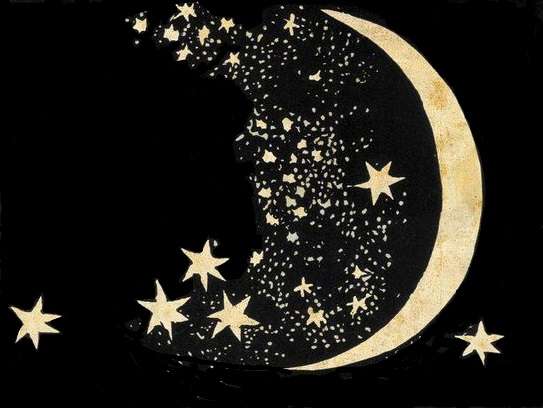
| Author Notes |
Gogyohka is a five line unrhymed Japanese Poem, no syllable count needed.
Thank you for reading and reviewing my poem. Gypsy Pictures from my Pinterest account. Poems and presentations by Gypsy Blue Rose @copyright2024 |
![]()
By Gypsy Blue Rose

| Author Note: | poem and presentation (c) copyright gypsy blue rose, please don't copy |




where dogs fetch love
for their human pets
who beg for attention

| Author Notes |
Gogyohka is a five-line Japanese poetic form with no strict rules on syllable count but as brief as possible. You may use any theme. Lines are grammatically connected. Alliteration, personification, and metaphor are okay. It usually doesn't rhyme, but natural not forced rhymes are okay. Japanese poets have written gogyohka since the 1910s. However, they did not name the form until 1983 by poet Enta Kusakabe.
source = writers digest source=wikipedia Thank you for reading and reviewing my poem. Gypsy Pictures from my Pinterest account. The complete presentation and poem created by Gypsy Blue Rose COPYRIGHT@2024 |
![]()
By Gypsy Blue Rose
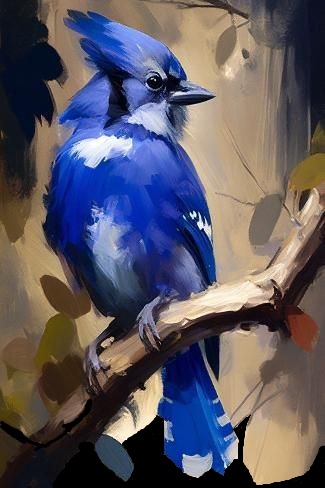

| Author Notes |
Blue jay birds are known for their striking blue plumage and their loud calls. They are good at flying long distances and migrate over 1,000 miles to warmer climates. These intelligent birds have complex social systems. A group of jays is often referred to a band of jays.
HAIKU is a Japanese short unrhymed poem that uses imagistic language to express the essence of a deeply felt moment. It resonates on a deeper level, enlightening the reader and making an insightful connection. Most haiku in English consist of three unrhymed lines of seventeen or fewer syllables, though today's poets use a variety of line lengths and arrangements. Traditional Japanese haiku include a season word (kigo) that helps identify the season, and a break (kireji), usually a dash, that marks a pause. Haiku focus on experience captured in clear images. The most common technique is juxtaposing two images or ideas. click here to read haiku examples click here to read haiku rules click here to read why is 5/7/5 OR LESS rule click here for season words Thank you for reading and reviewing my poem. Gypsy Painting by Vivienne Dupont Pictures from my Pinterest account. The complete presentation and poem created by Gypsy Blue Rose COPYRIGHT@2024 |
![]()
By Gypsy Blue Rose

| Author Note: | Presentation and Poem (c) Gypsy Blue Rose@10/28/24 |
peacock struts carefully
around hard-to-get peahen
trying not to ruffle
her feathers

| Author Notes |
- Ruffle Someone's Feathers. = to upset or annoy someone
- Peahen = female peacock Naani is one of India's most popular Telugu poems. Naani means an expression of one and all. It consists of 4 lines and the total lines consist of 20 to 25 syllables. The poem is not bound to a particular subject. Generally, it depends upon human relations and current statements. This poetry was introduced by one of the renowned Telugu poets Dr. N.Gopi, presently working as vice-chancellor to Telugu University, Andhra Pradesh. for more info click here Thank you for reading and reviewing my poem. Gypsy Pictures from my Pinterest account. Poems and presentations by Gypsy Blue Rose (c) @copyright 10/28/24 top painting by @image_shu |
![]()
By Gypsy Blue Rose

| Author Note: | poem and presentation by Gypsy Blue Rose (c) copyright10/29/24 |

| Author Notes |
A limerick is a short, often nonsensical or funny, poem. The rhyme scheme of most limericks is usually aabba.
= Troller is a person who posts deliberately offensive or provocative messages online = Cheetos are a brand of snack food Thank you for reading and reviewing my poem. Gypsy Pictures from my Pinterest account. The complete presentation and poem created by Gypsy Blue Rose (c) copyright @ 10/27/24 |
![]()
By Gypsy Blue Rose
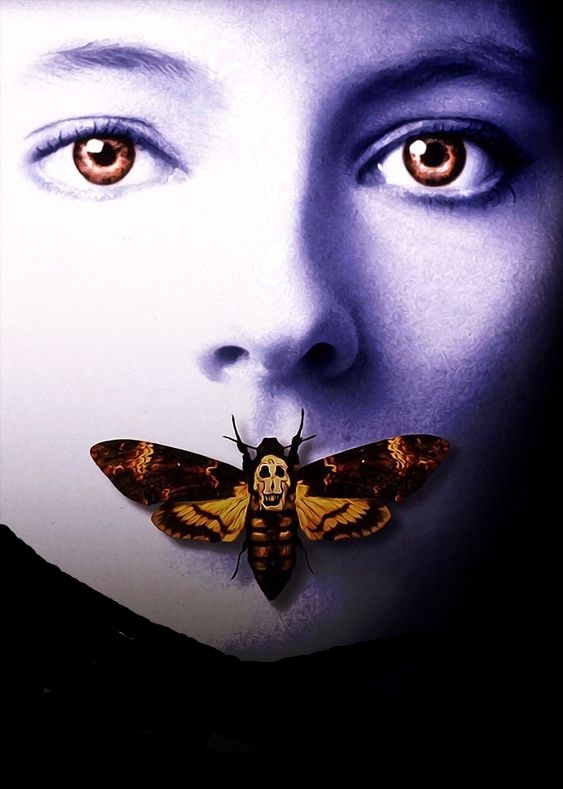
| Author Note: | Poem and Presentation by Gypsy Blue Rose (c) copyright @11/5/24 |

| Author Notes |
-- For The Little Shop of Horror Club this week's poetry prompt, is to write a cinquain based on a horror movie or novel. Use the name of the movie or novel as the title for your poem. Thanks to Marilyn Hamilton, for organizing the club event.
I chose Silence of the Lamb, my favorite horror movie. I used some of the quotes, here are the original and a few more. All are written by author Thomas Harris, writer of the "Silence of the Lamb". "I ate his liver with some fava beans and a nice chianti." "God's creatures who cried themselves to sleep stirred to cry again." "Hello Clarice..." "It rubs the lotion on its skin. It does this whenever it is told." "People will say we are in love." -- A cinquain is written using a pattern. "Cinq" is French for the number 5. This type of poem only has five lines. Each line follows a specific pattern. The traditional cinquain, as developed by Adelaide Crapsey, has five lines and a strict structure based on syllable count. 2/4/6/8/2 Thank you for reading and reviewing my poem. Gypsy Pictures from my Pinterest account. Poem and Presentation by Gypsy Blue Rose (c) copyright @11/5/24 |
![]()
By Gypsy Blue Rose
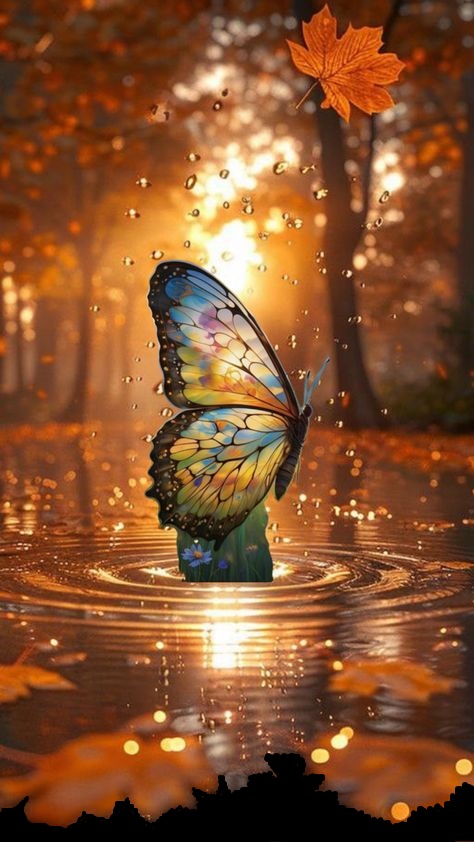
| Author Note: | Presentation and Poem by Gypsy Blue Rose (c) copyright @11/17/24 |
hurry up little butterfly
get on my back
it’s getting late
and we have mountains
to climb
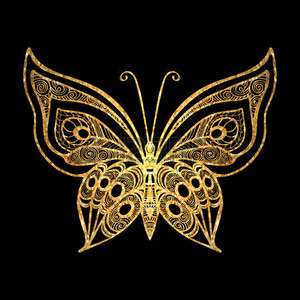
| Author Notes |
Poet talking to butterfly
Gogyohka is a five-line Japanese poetic form with no strict rules on syllable count but as brief as possible. You may use any theme. Lines are grammatically connected. Alliteration, personification, and metaphor are okay. It usually doesn't rhyme, but natural not forced rhymes are okay. Japanese poets have written gogyohka since the 1910s. However, they did not name the form until 1983 by poet Enta Kusakabe. source = writers digest source=wikipedia Thank you for reading and reviewing my poem. Gypsy Pictures from my Pinterest account. The presentation and poem by Gypsy Blue Rose (c) copyright @ 11/17/24 |
![]()
By Gypsy Blue Rose
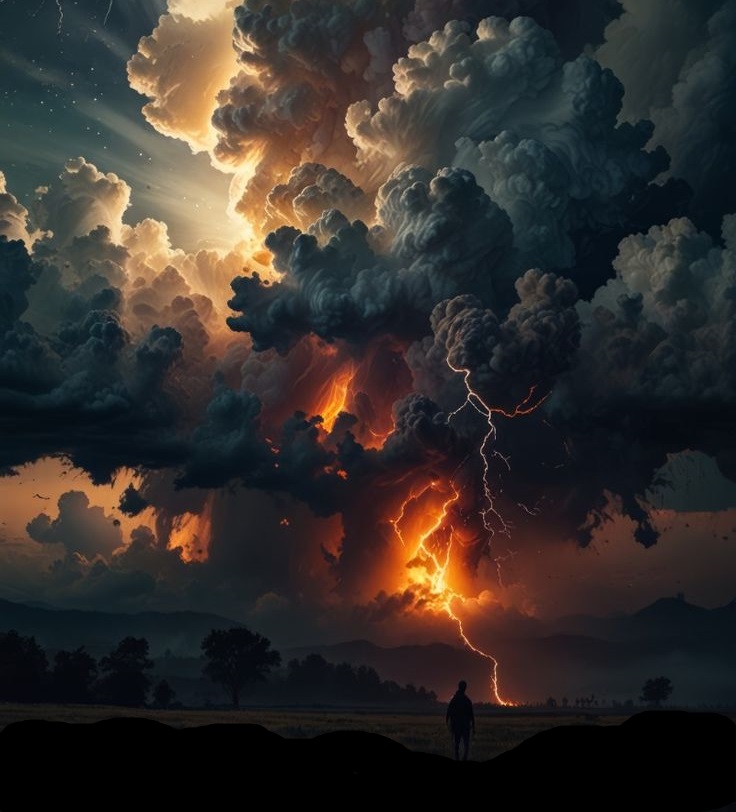
| Author Note: | For my best friend |
the sun may hide
behind thunderous storms
but keep your faith—
when in darkness
look for the Light

| Author Notes |
For my best friend and her husband who is facing health challenges.
"Beloved, I pray that all may go well with you and that you may be in good health, as it goes well with your soul" - 3 John 1:2 Gogyohka is a five-line Japanese poetic form with no strict rules on syllable count but as brief as possible. You may use any theme. Lines are grammatically connected. Alliteration, personification, and metaphor are okay. It usually doesn't rhyme, but natural not forced rhymes are okay. Japanese poets have written gogyohka since the 1910s. However, they did not name the form until 1983 by poet Enta Kusakabe. source = writers digest source=wikipedia Thank you for reading and reviewing my poem. Gypsy Pictures from my Pinterest account. The presentation and poem by Gypsy Blue Rose (c) copyright 11/18/24 |
![]()
By Gypsy Blue Rose
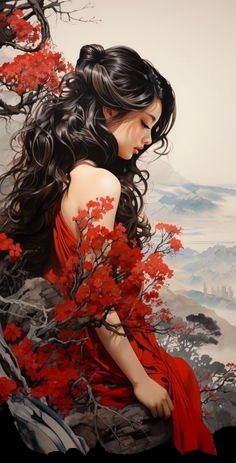
| Author Note: | Poem and Presentation by Gypsy Blue Rose (c) copyright @11/22/24 |
our love is impossible—
but even in dreams
we must hide our passion
~ how cruel is our forbidden love ~

| Author Notes |
This tanka is about a Japanese woman and a Buddhist Monk who are in love but can't have a sexual relationship. The full-time ordained Buddhist monks and nuns follow a strict celibacy commandment.
Tanka is a Japanese unrhymed poem with 31 syllables arranged in five lines; English tanka is 31 syllables or LESS because Japanese and English syllables are different. Tanka originated in the 6th century at the Japanese Imperial Court where lovers exchanged tanka poems for each other after a night of passionate lovemaking. With contemporary tanka the topic varies. click here if you want to read modern tanka examples click here if you want to read modern tanka rules Inspired by 'The Ink Dark Moon' - Love Poems by Ono No Komachi And Izumi Shikibu, Women of the Ancient Court of Japan Thank you for reading and reviewing my poem. Gypsy Pictures from my Pinterest account. The poem and presentation by Gypsy Blue Rose (c) copyright 11/22/24 Japanese poets have sough``1t to capture the essence of nature in their words, using vivid imagery and sensory descriptions to evoke a sense of awe, tranquility, and harmony. This deep connection to the natural world not only reflects the cultural and spiritual beliefs of the Japanese people but also fosters a sense of unity with the environment |
![]()
By Gypsy Blue Rose
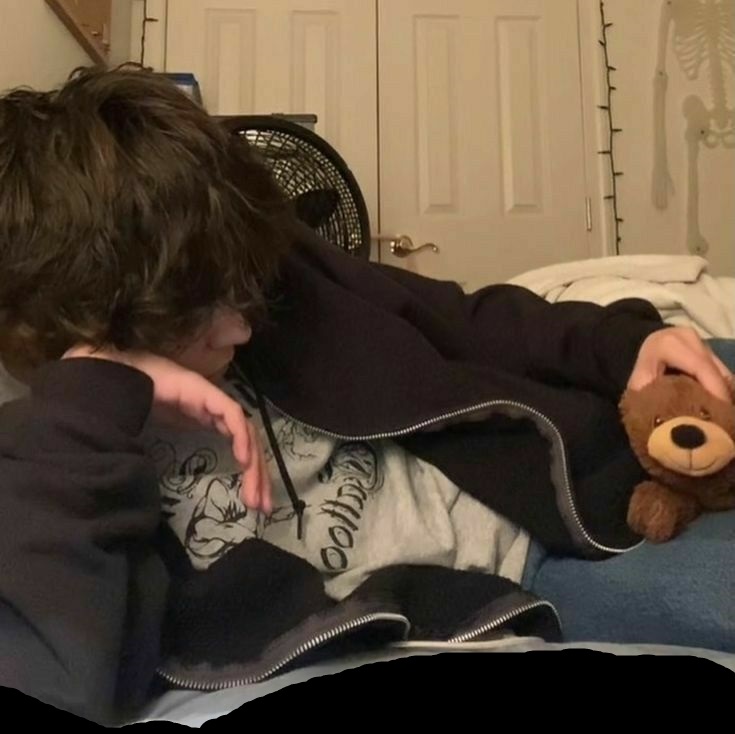
| Author Note: | Presentation and Poem by Gypsy Blue Rose (c) copyright @11/22/24 |
windy night,
the boy can’t go to sleep
so he counts
the ones who play under his bed
~ dust bunnies ~

| Author Notes |
Gogyohka is a five-line Japanese poetic form with no strict rules on syllable count but as brief as possible. You may use any theme. Lines are grammatically connected. Alliteration, personification, and metaphor are okay. It usually doesn't rhyme, but natural not forced rhymes are okay. Japanese poets have written gogyohka since the 1910s. However, they did not name the form until 1983 by poet Enta Kusakabe.
source = writers digest source=wikipedia Thank you for reading and reviewing my poem. Gypsy Pictures from my Pinterest account. The presentation and poem by Gypsy Blue Rose (c) copyright 11/22/24 |
|
You've read it - now go back to FanStory.com to comment on each chapter and show your thanks to the author! |
![]()
| © Copyright 2015 Gypsy Blue Rose All rights reserved. Gypsy Blue Rose has granted FanStory.com, its affiliates and its syndicates non-exclusive rights to display this work. |
© 2015 FanStory.com, Inc. All Rights Reserved. Terms under which this service is provided to you. Privacy Statement